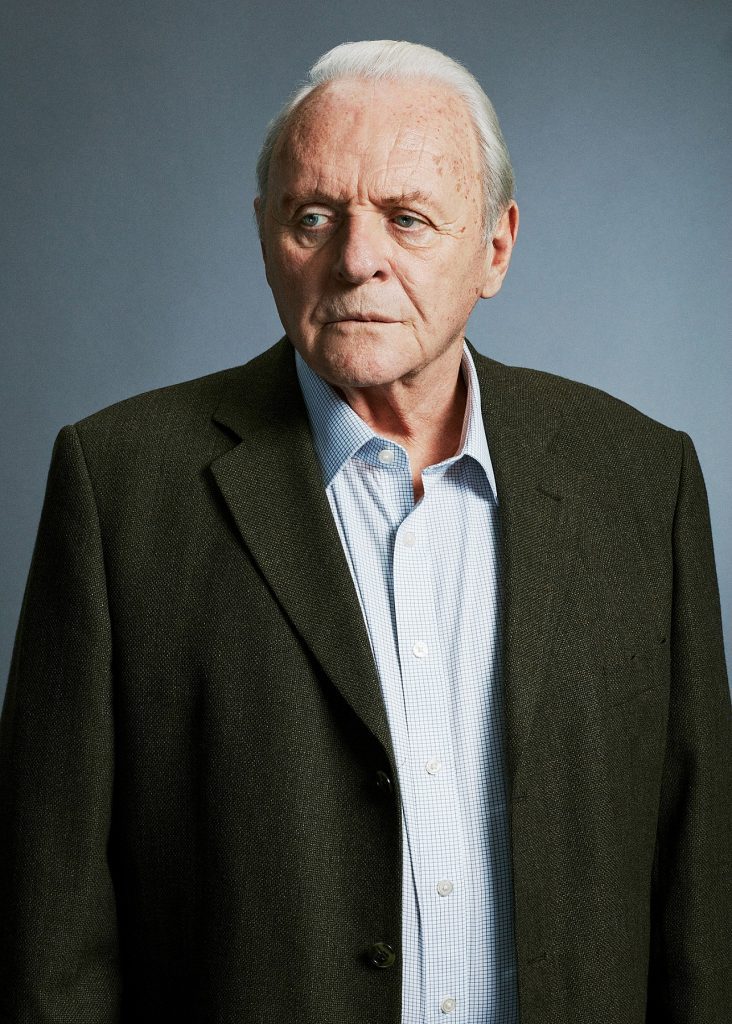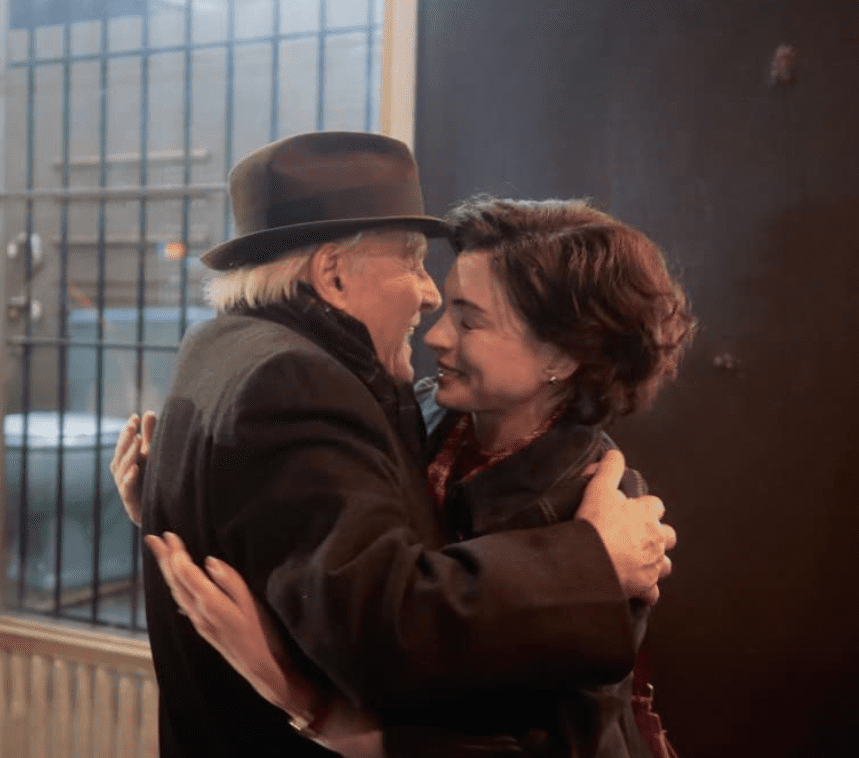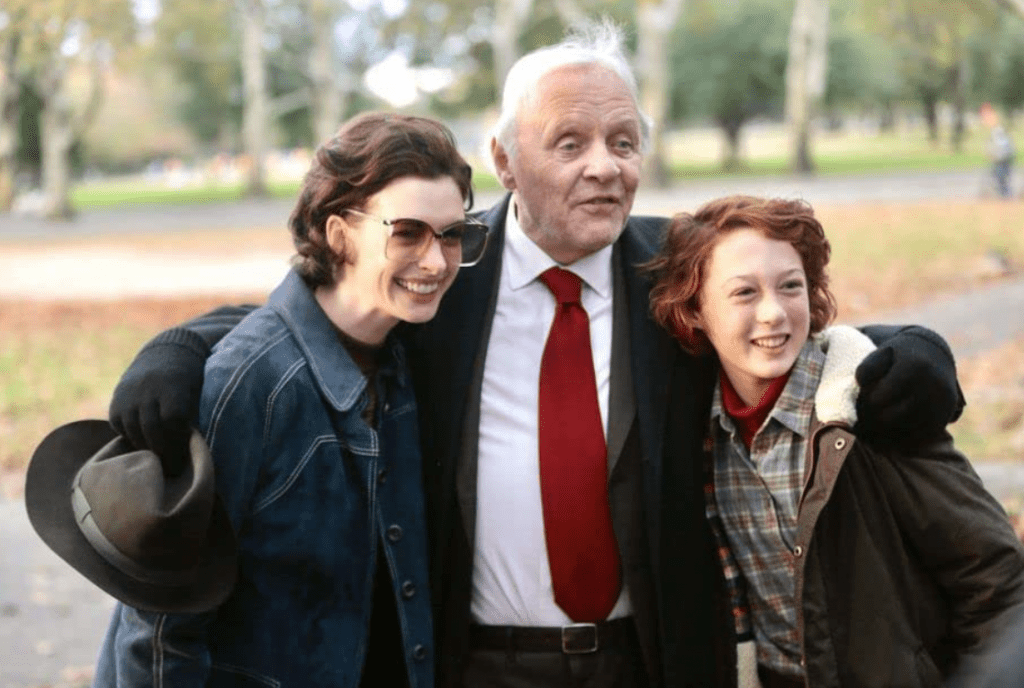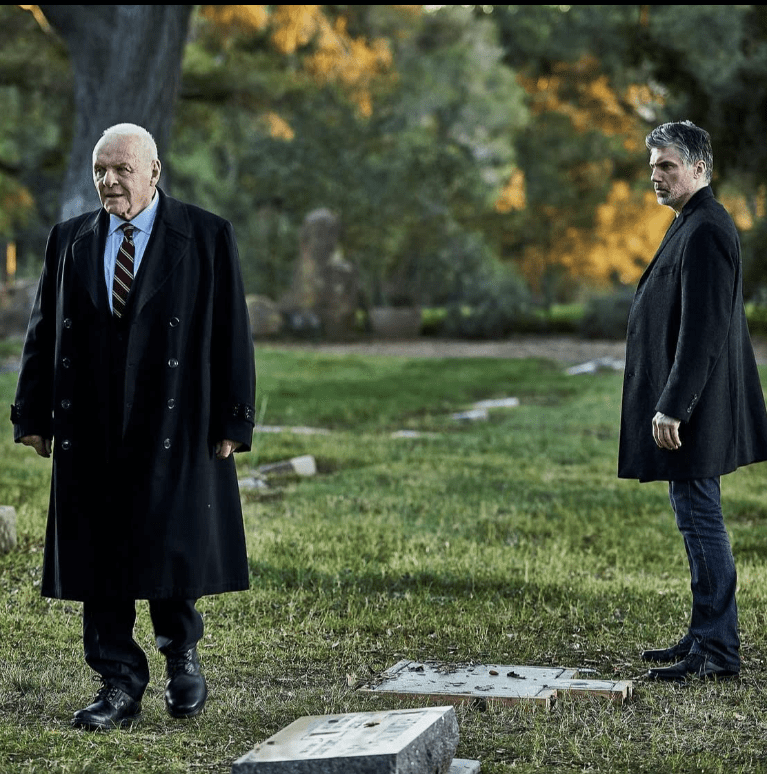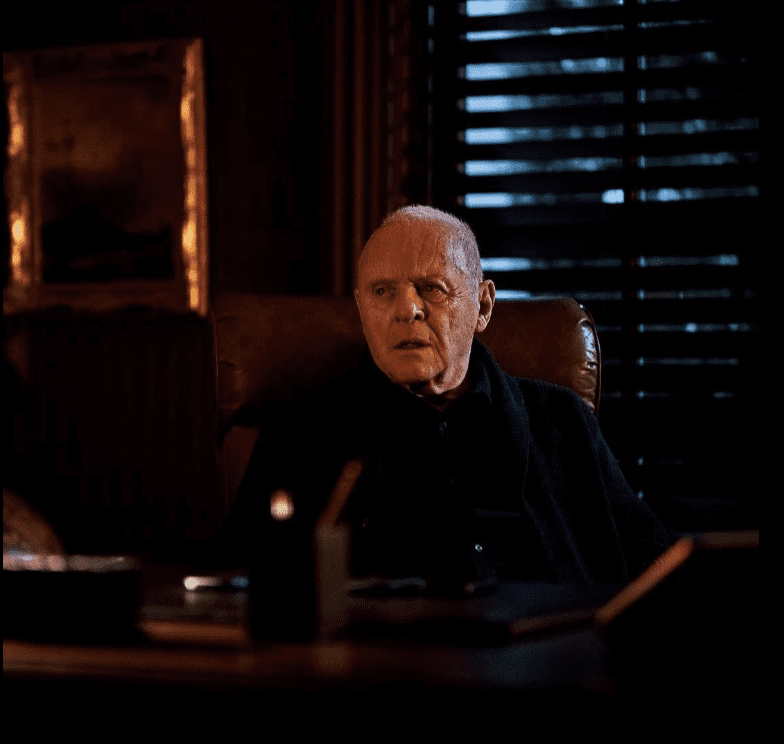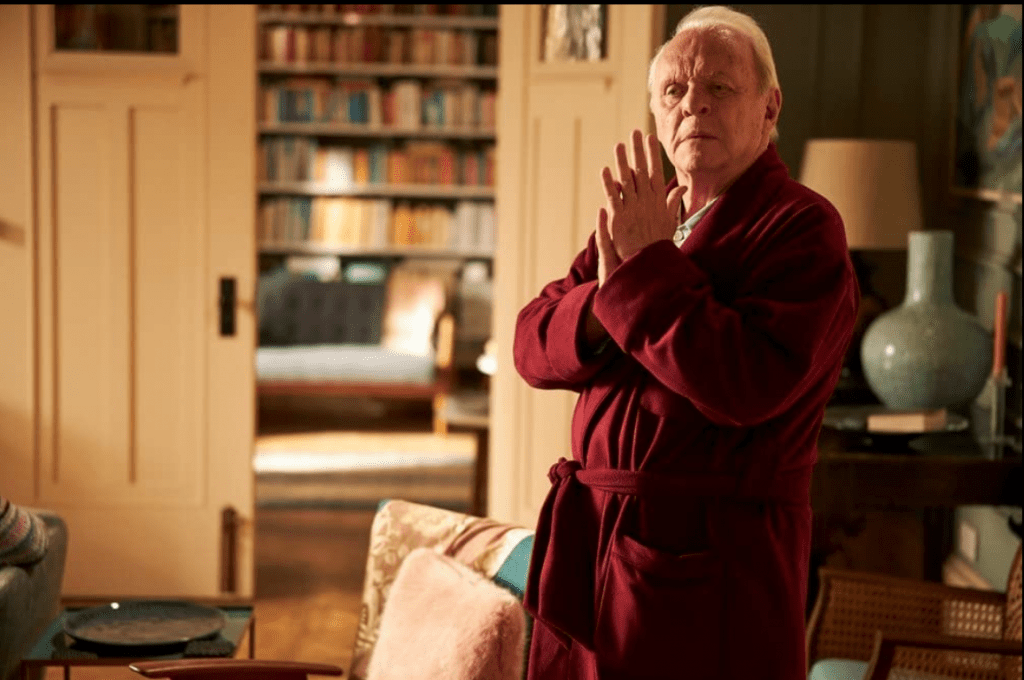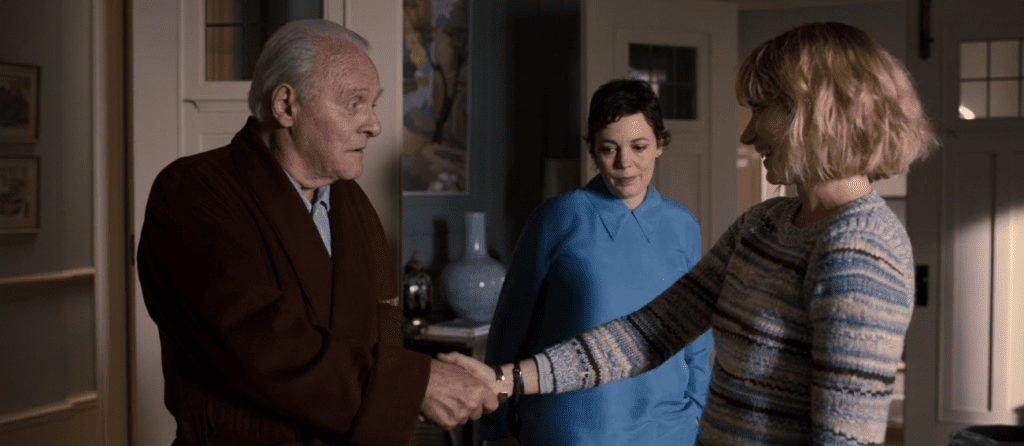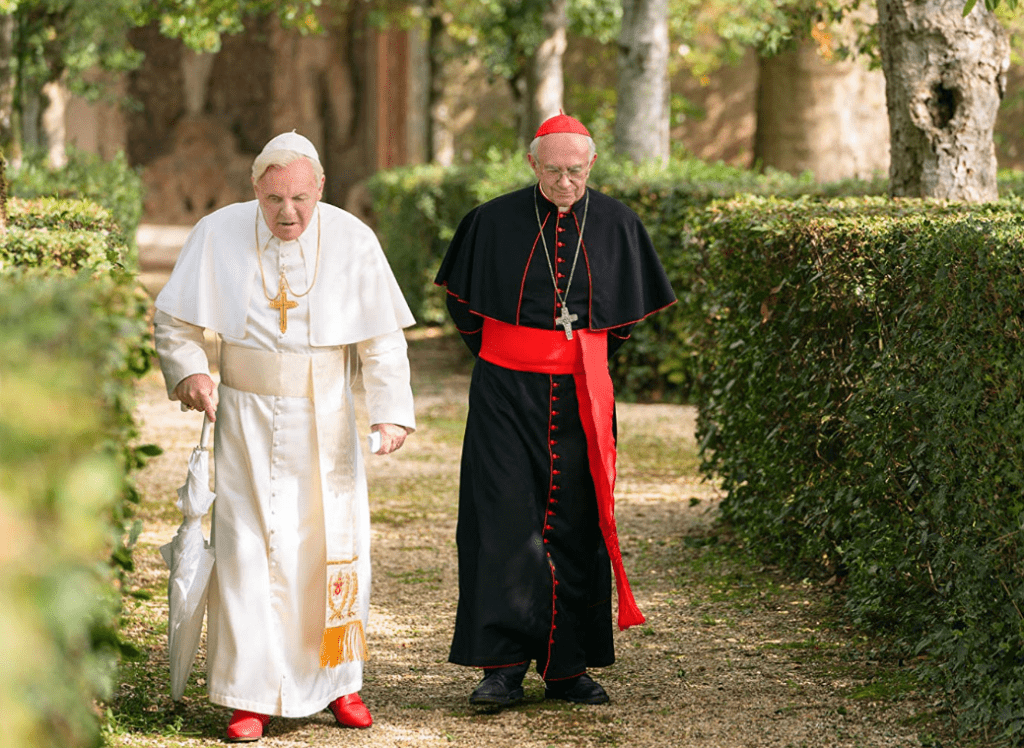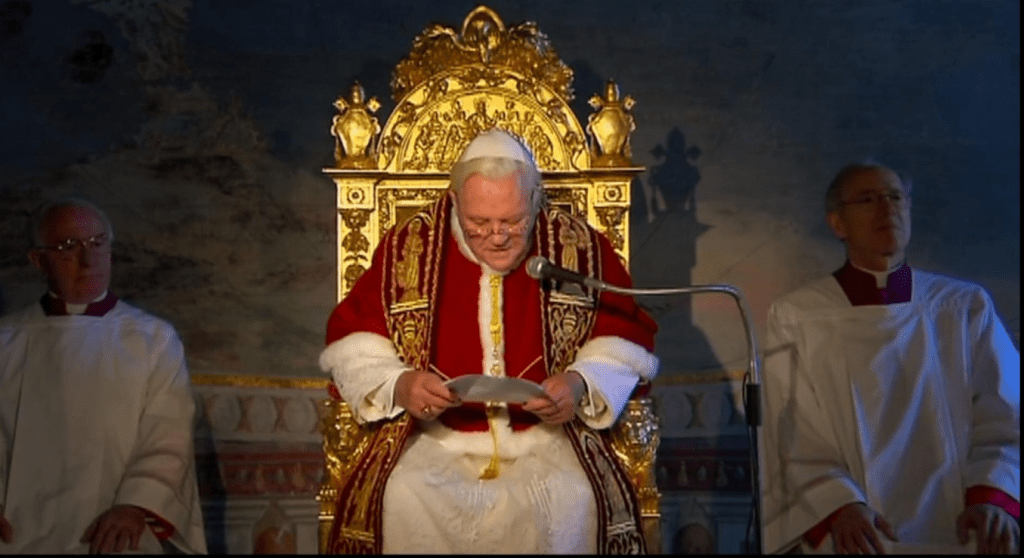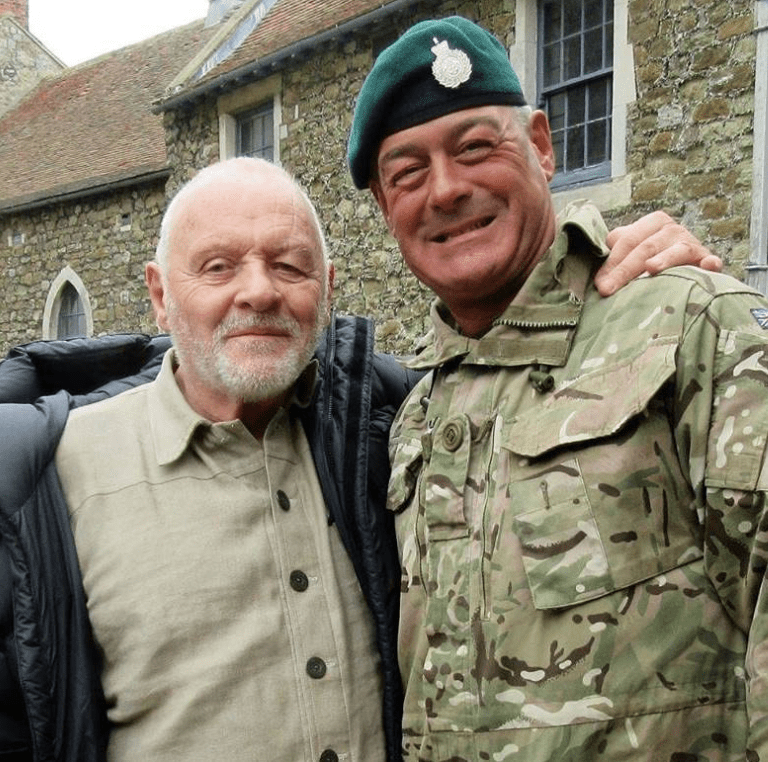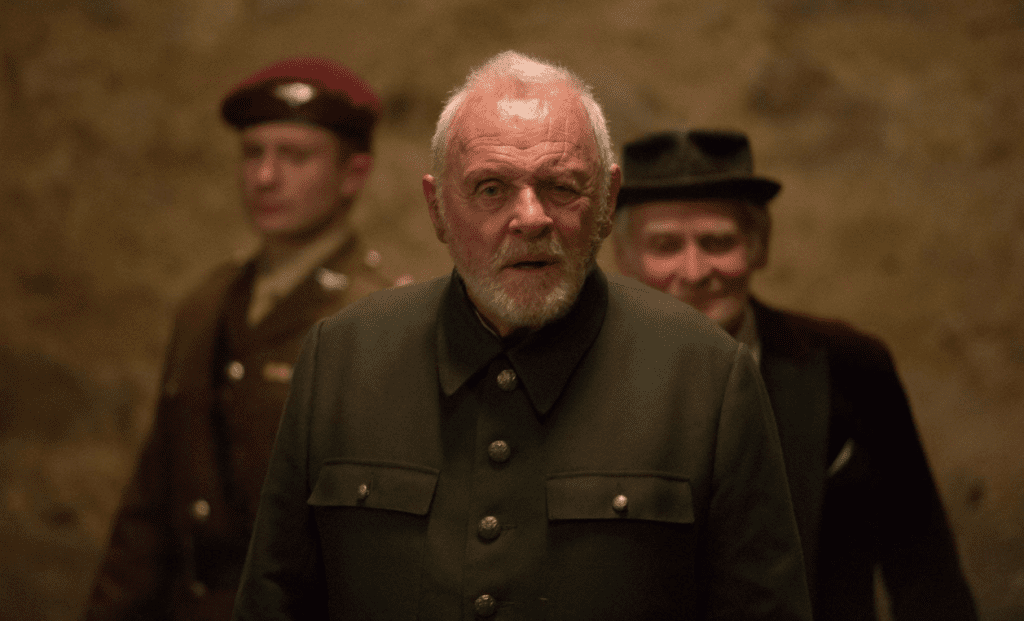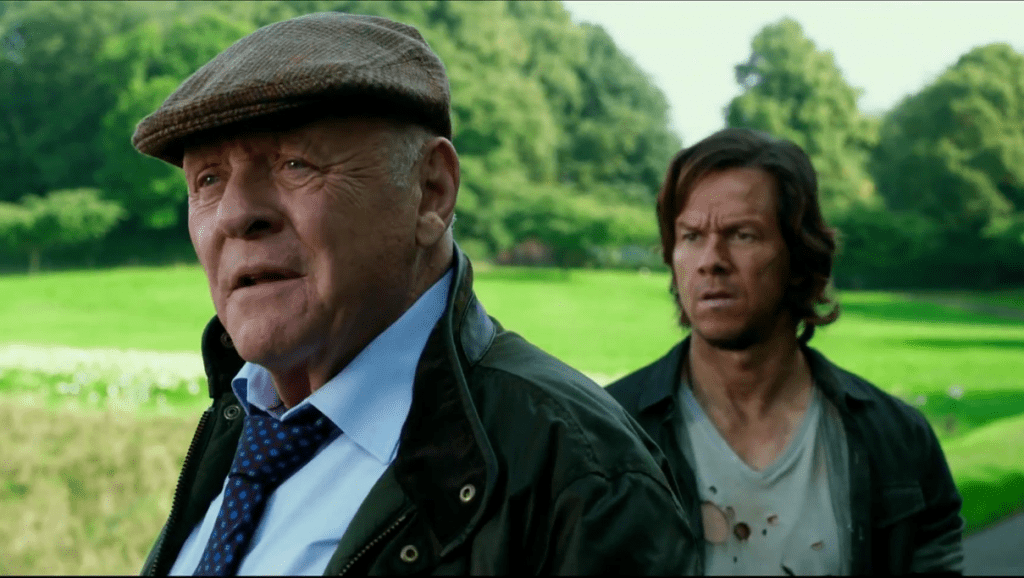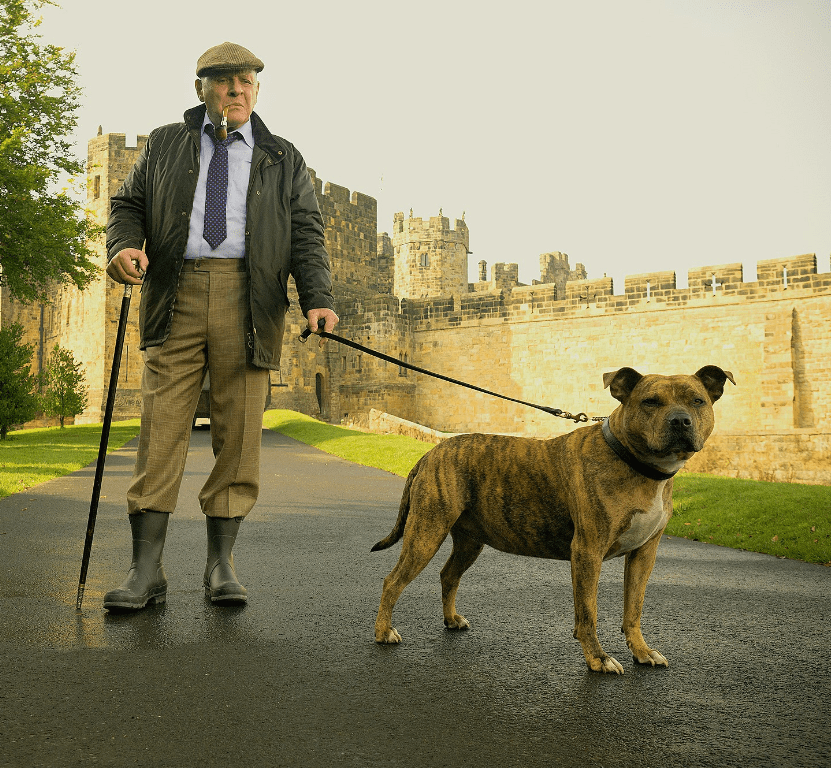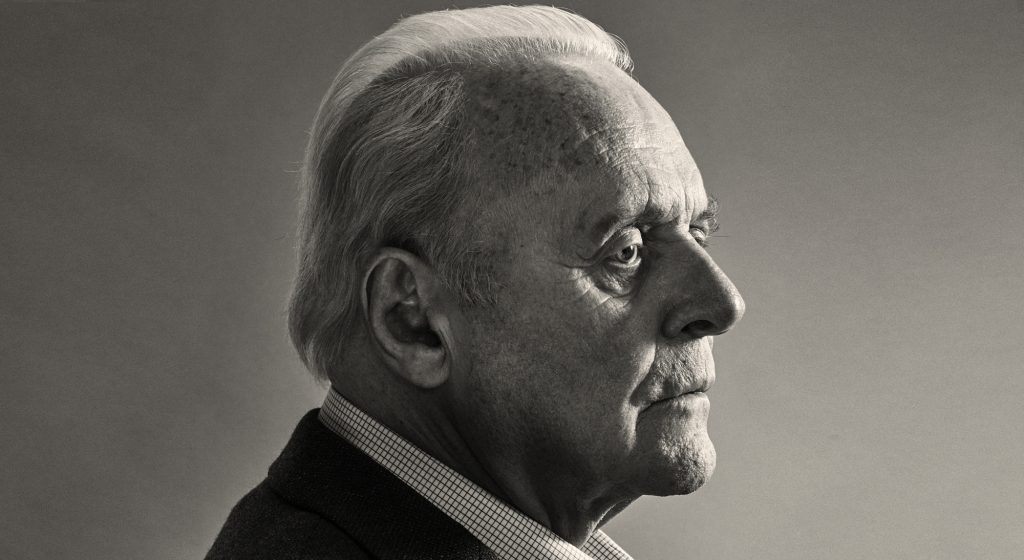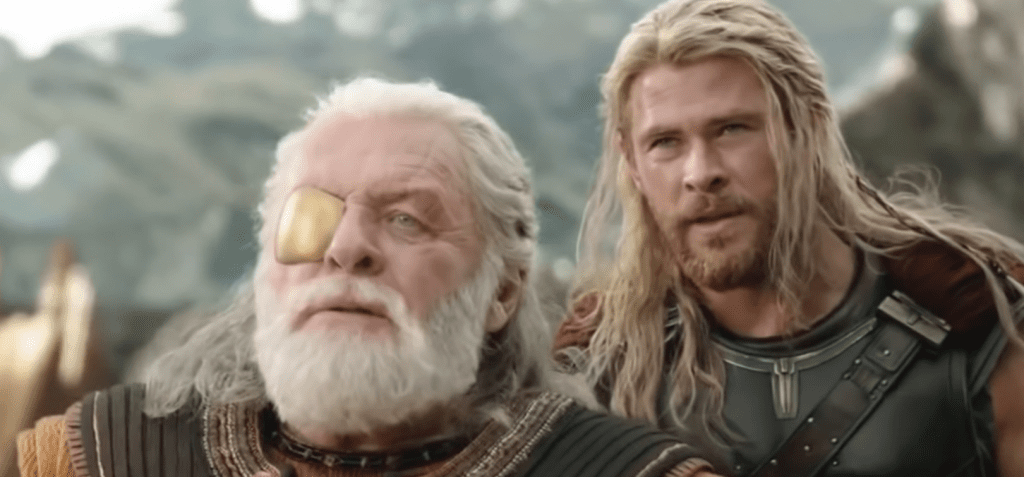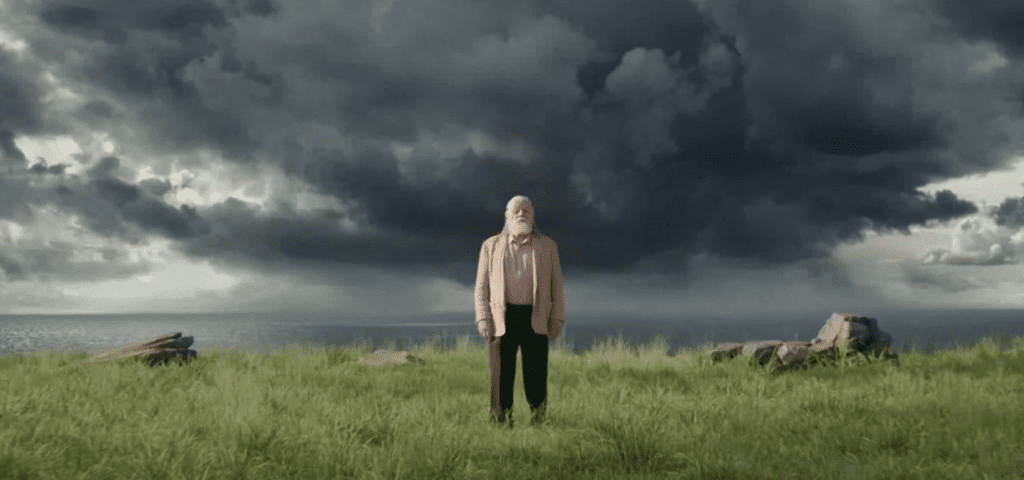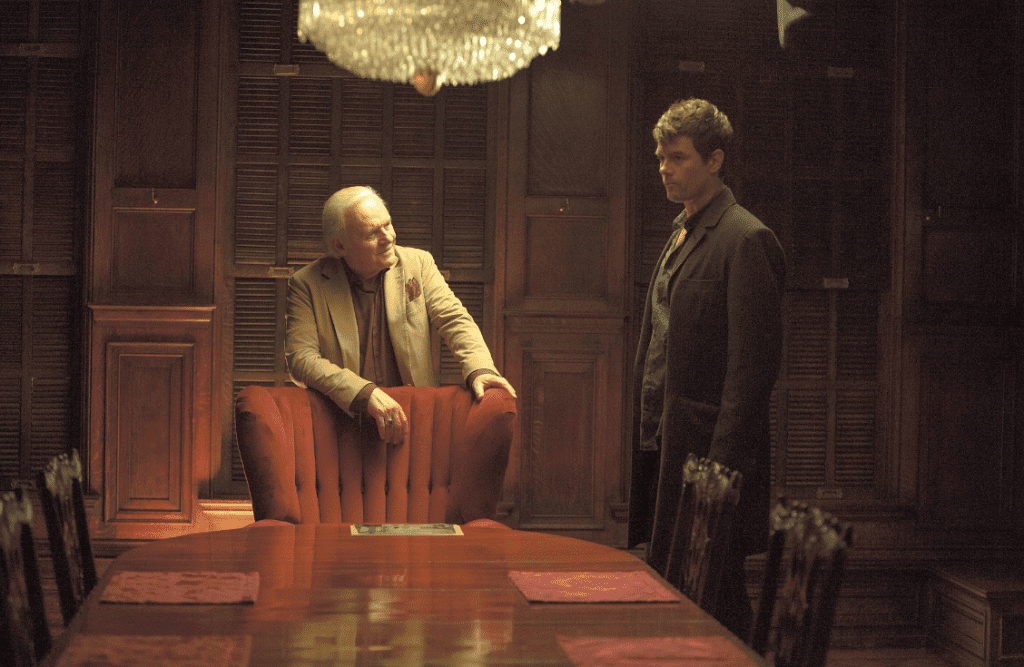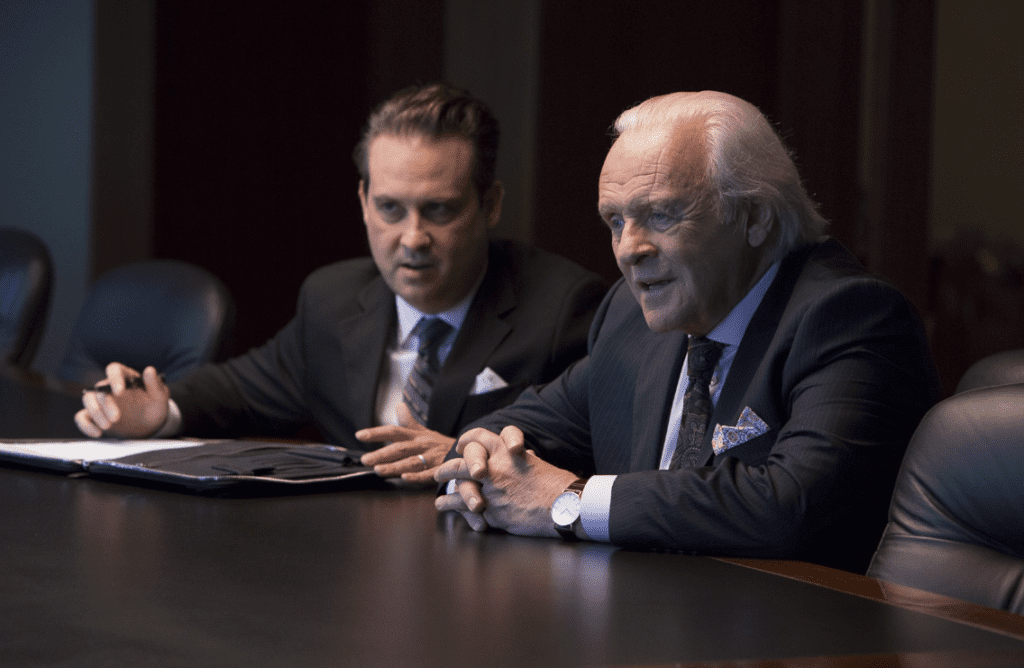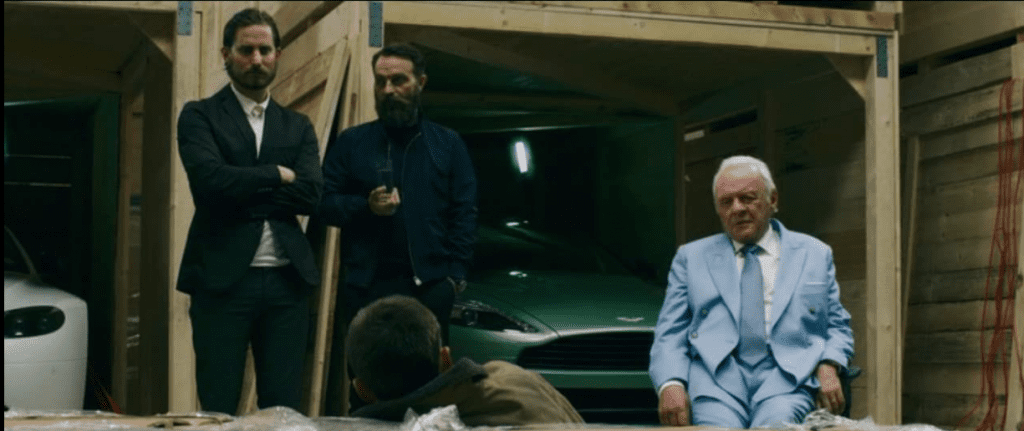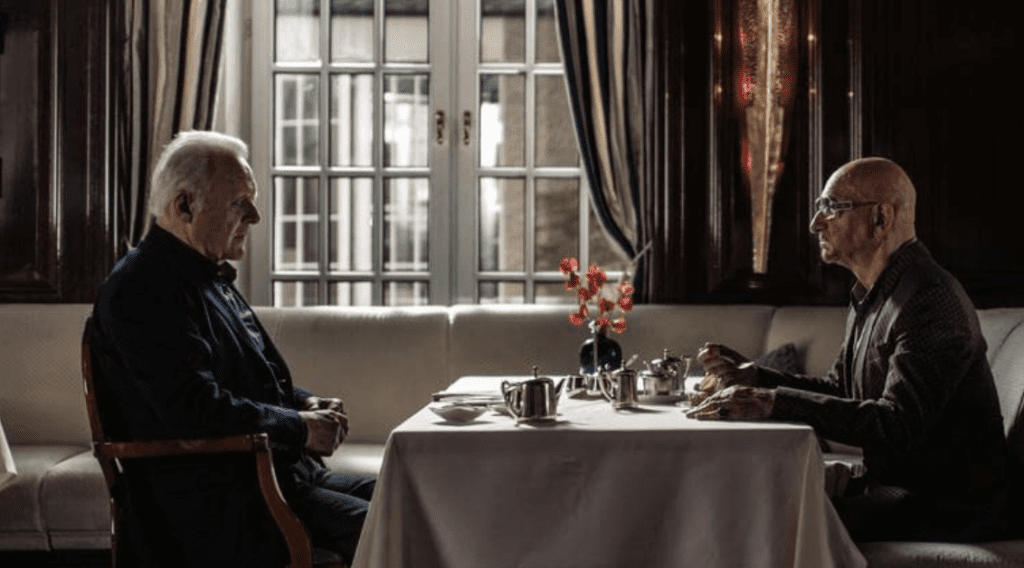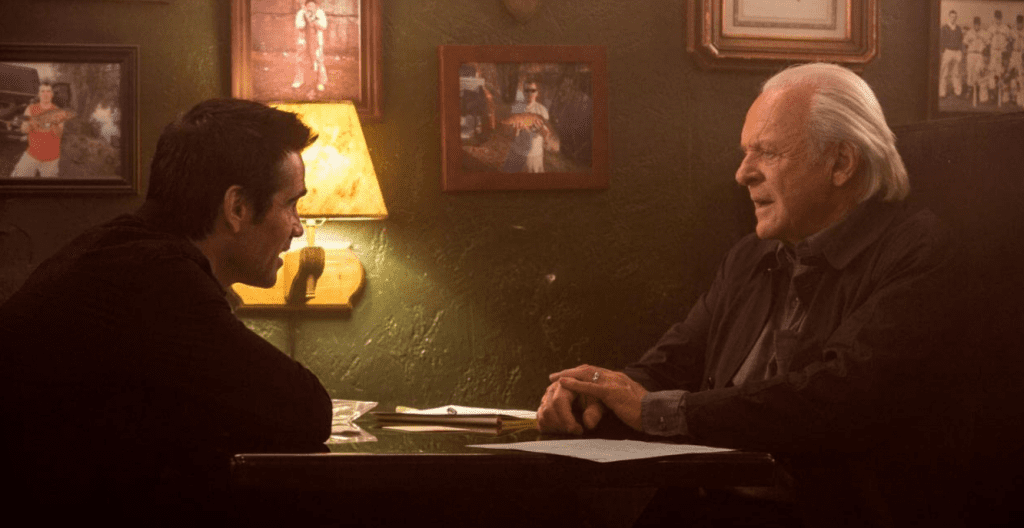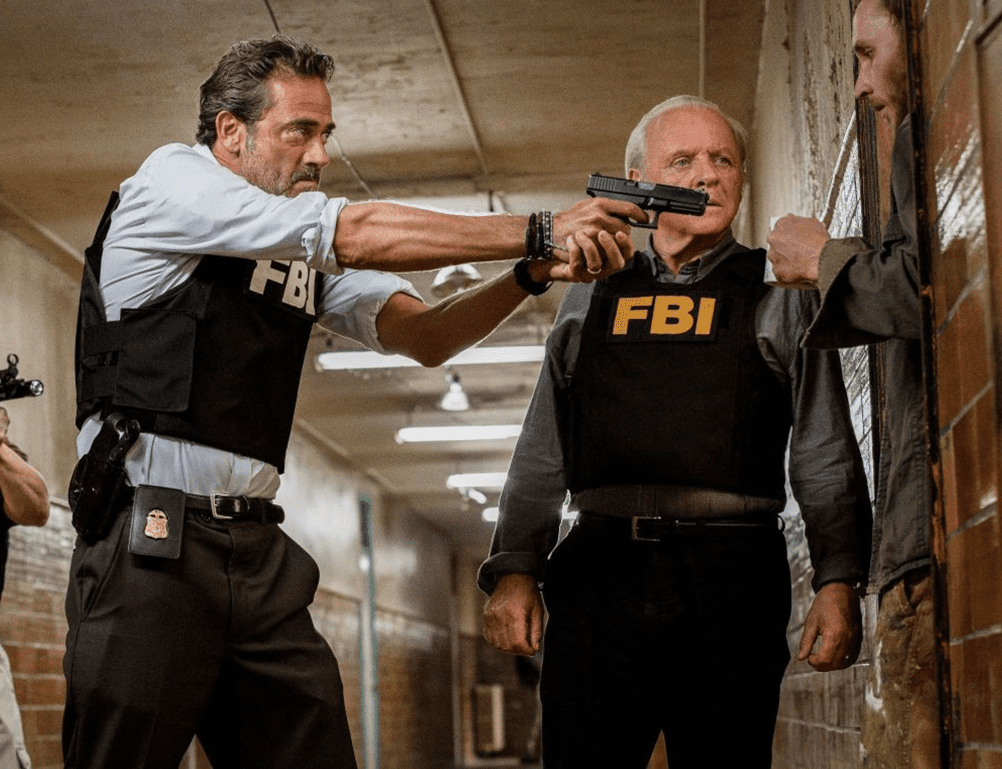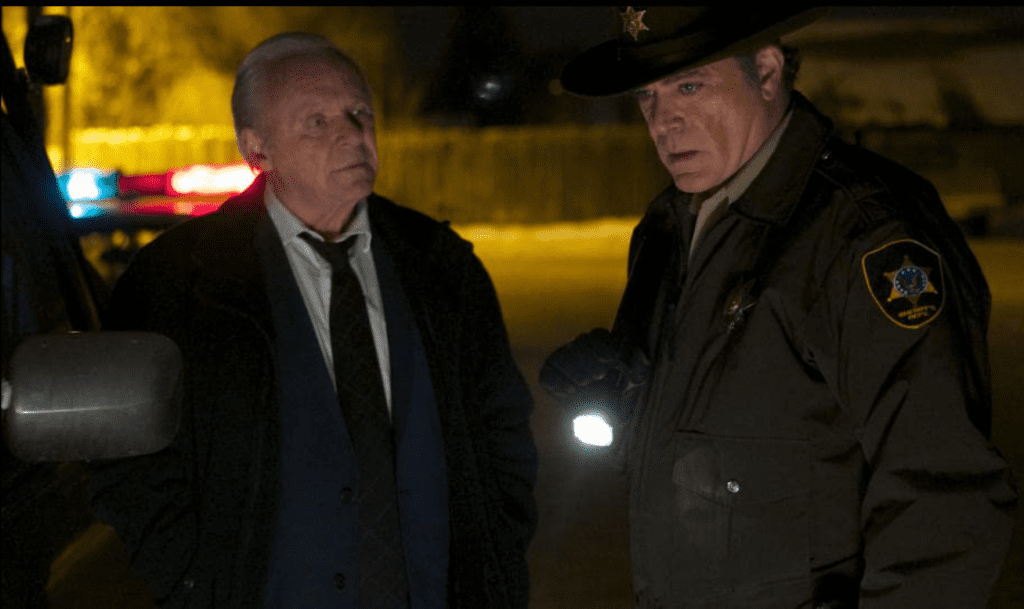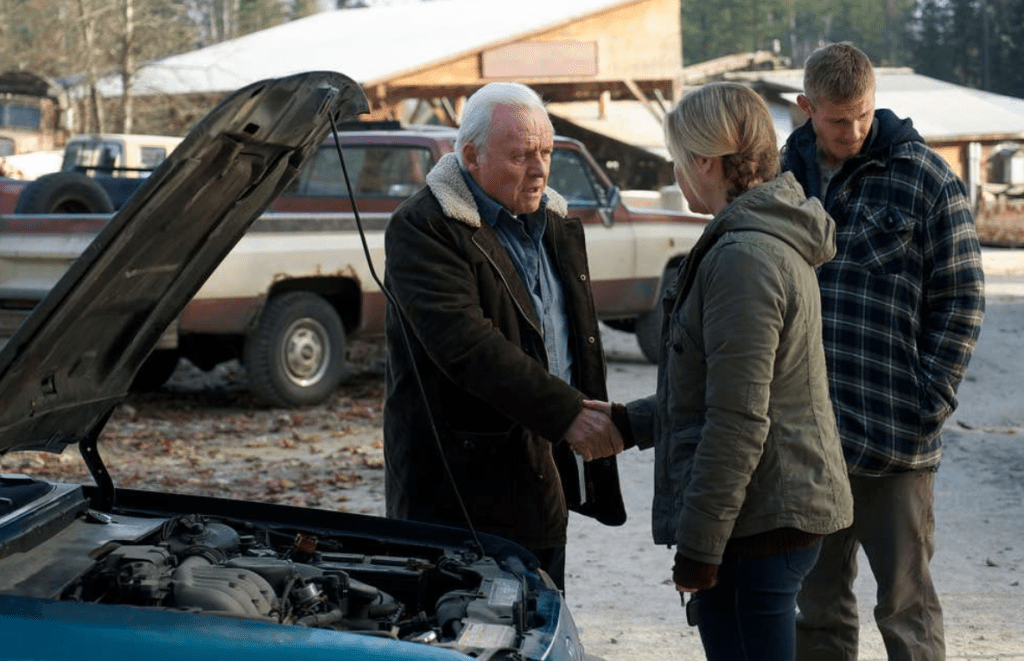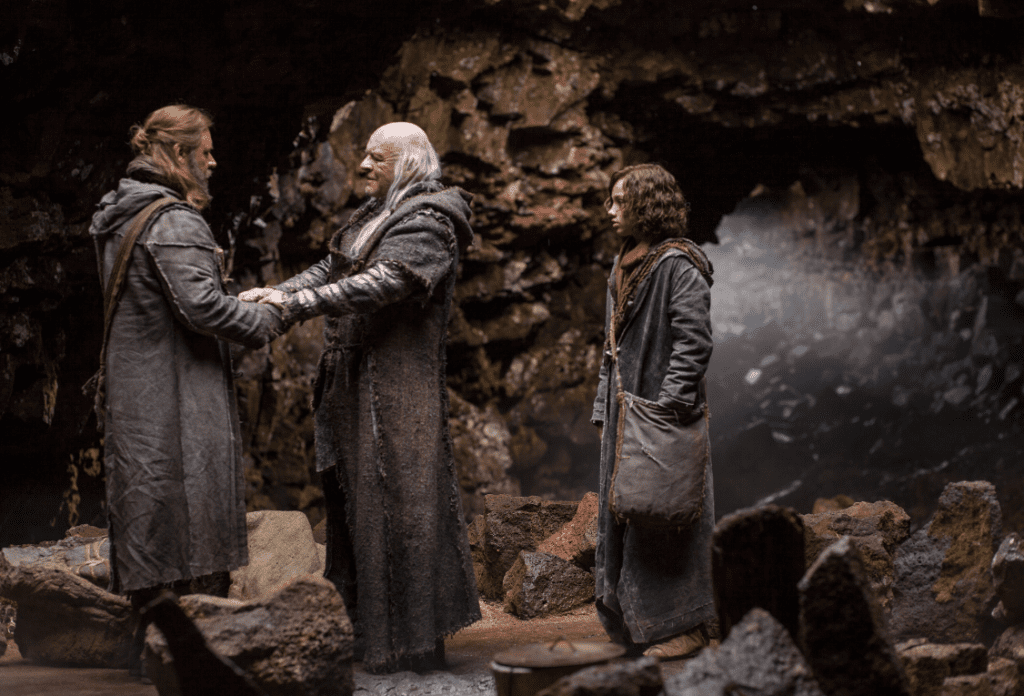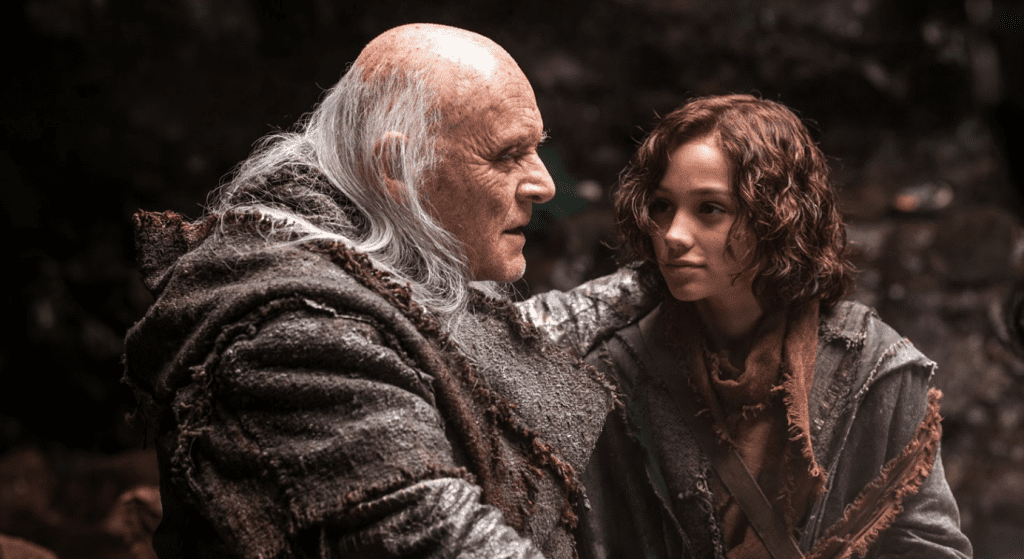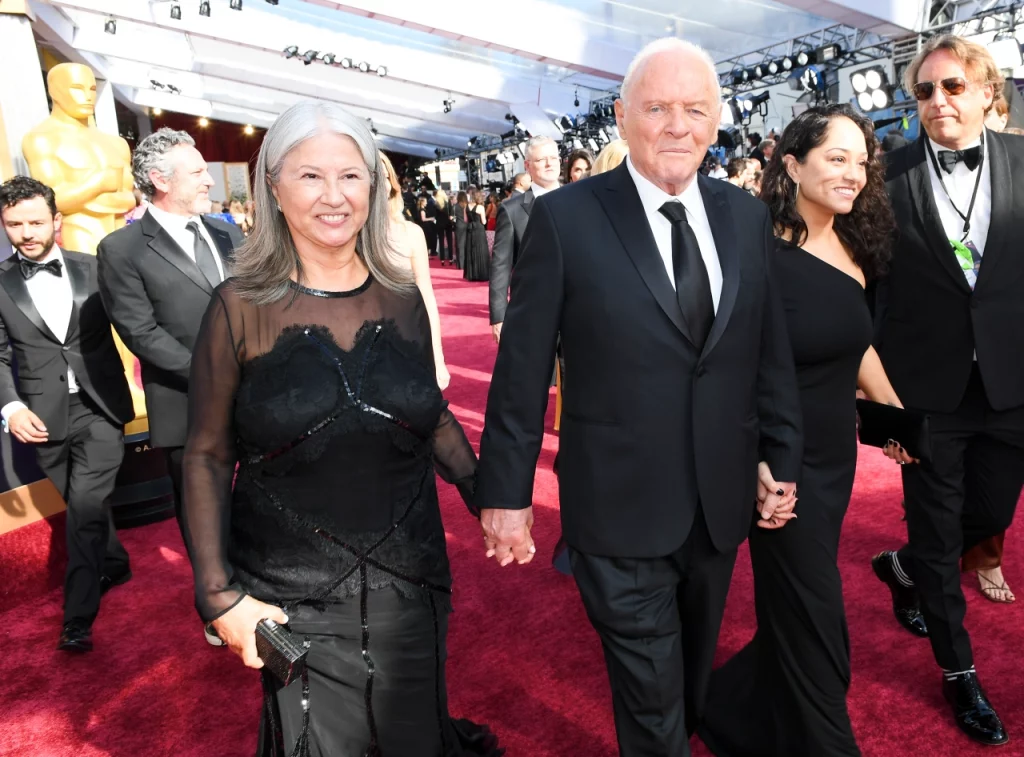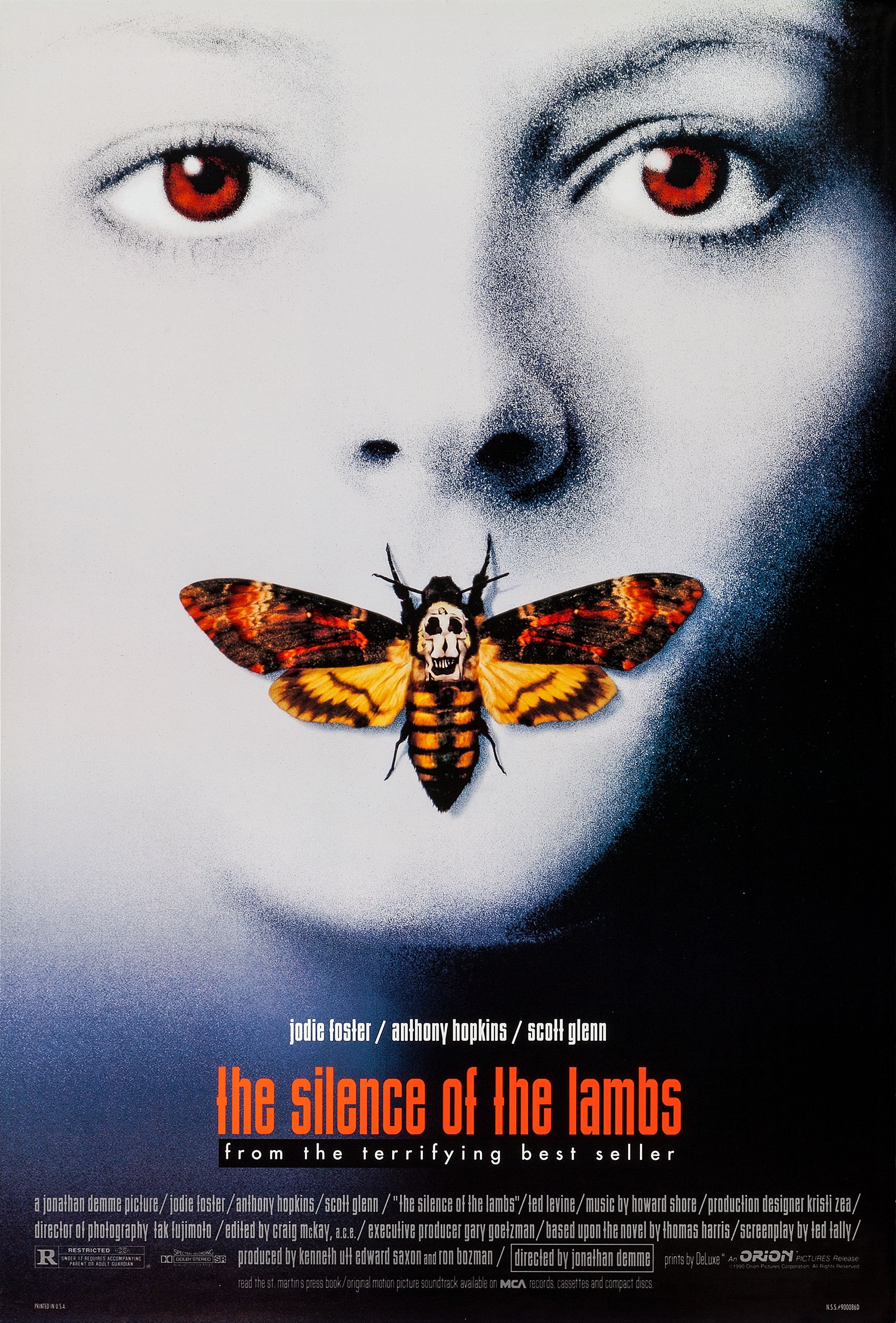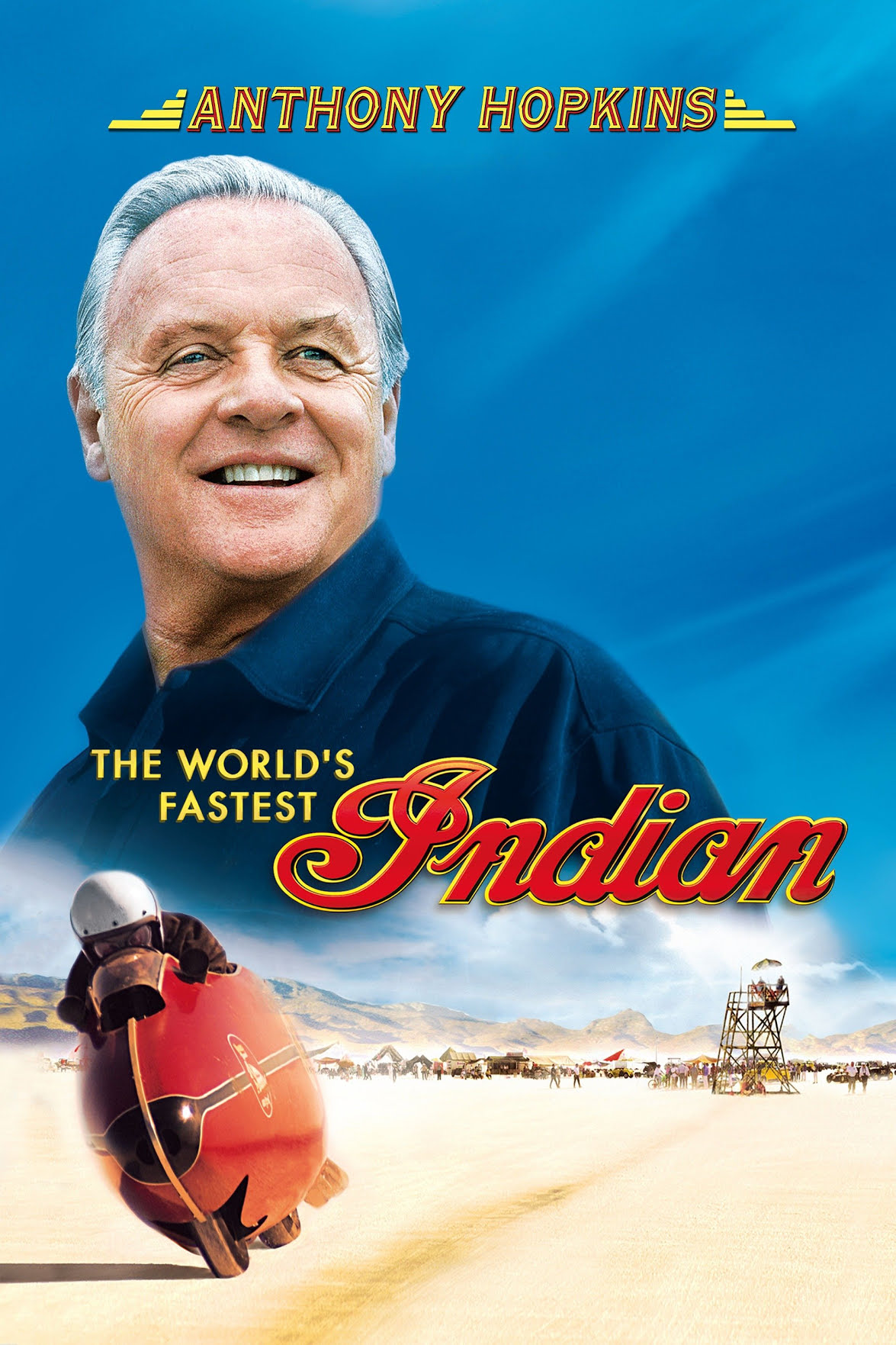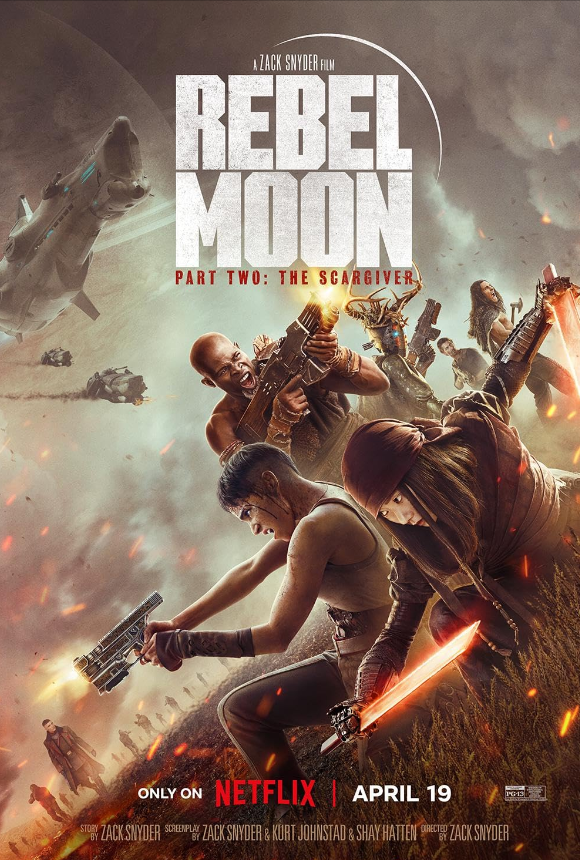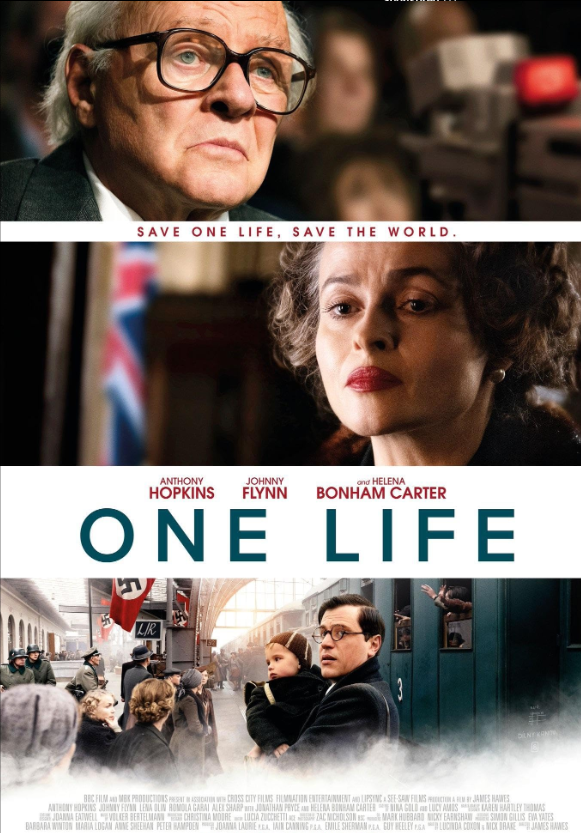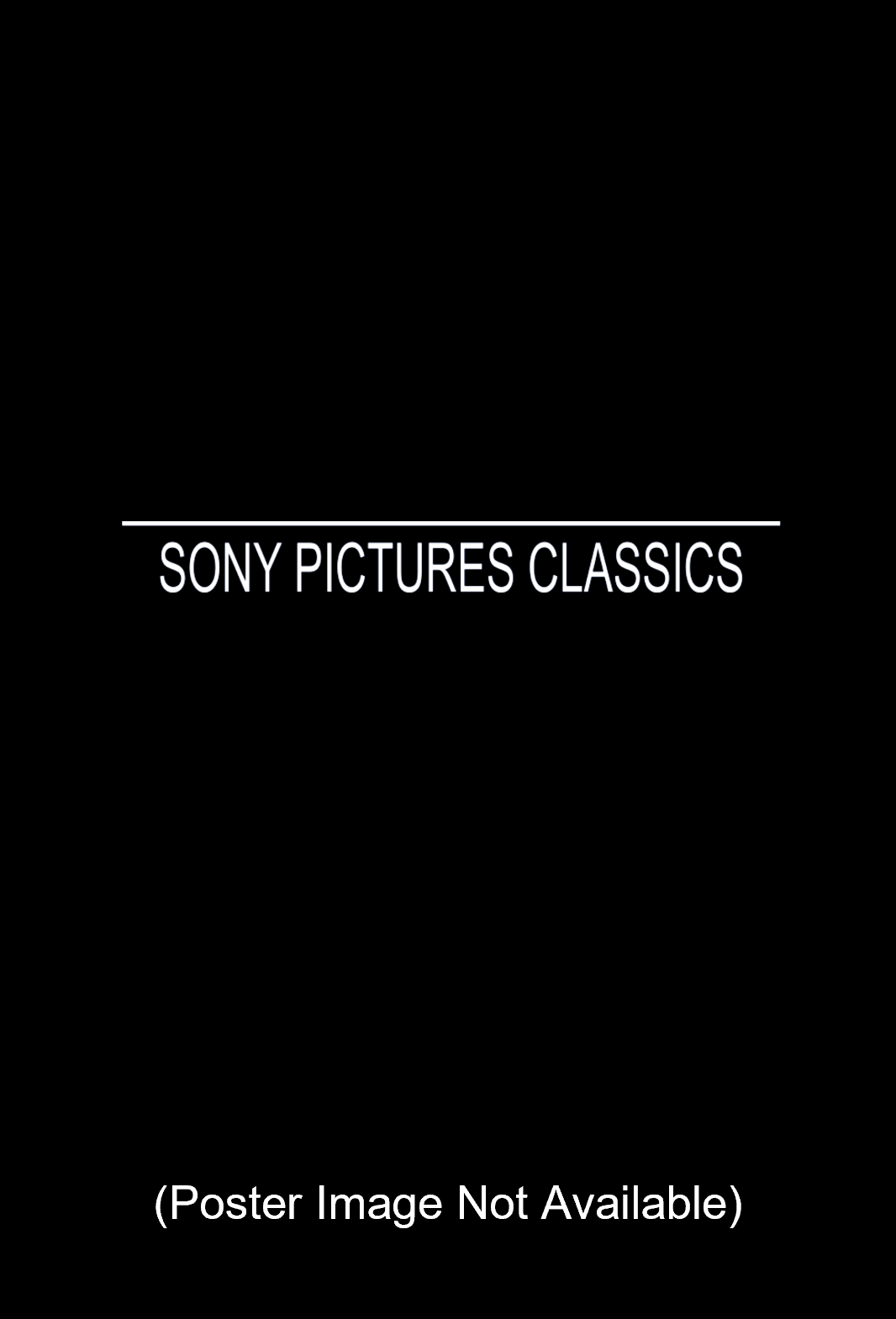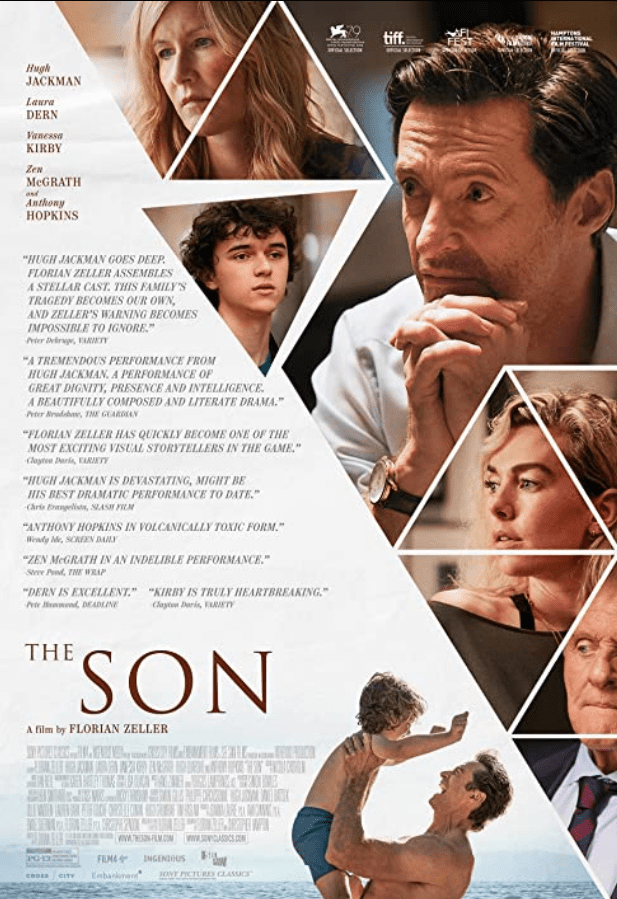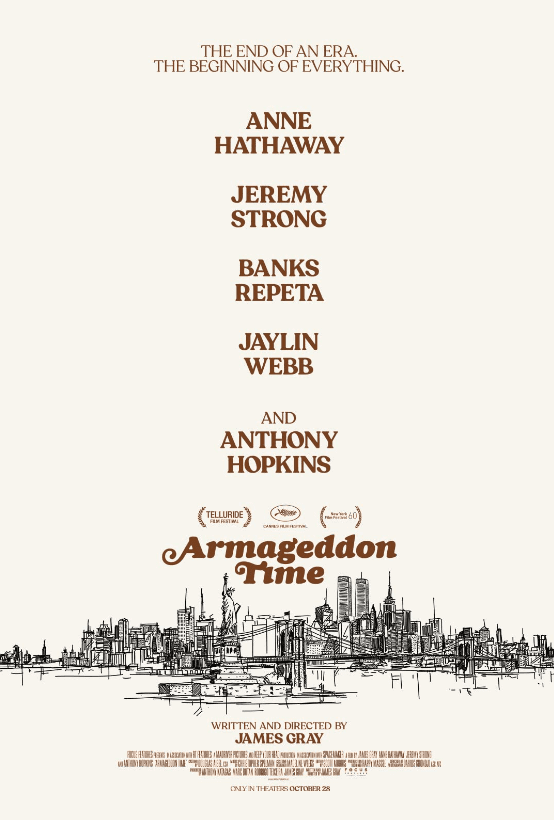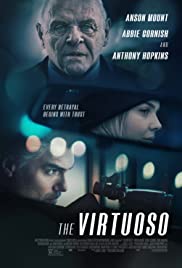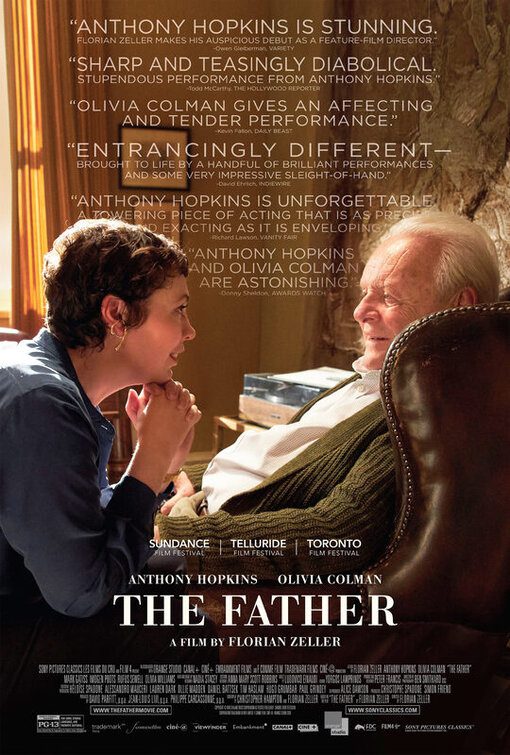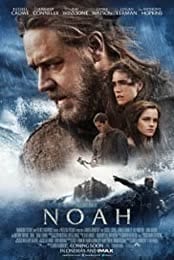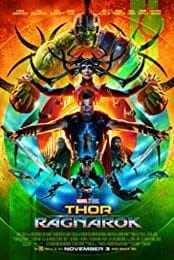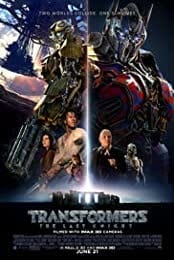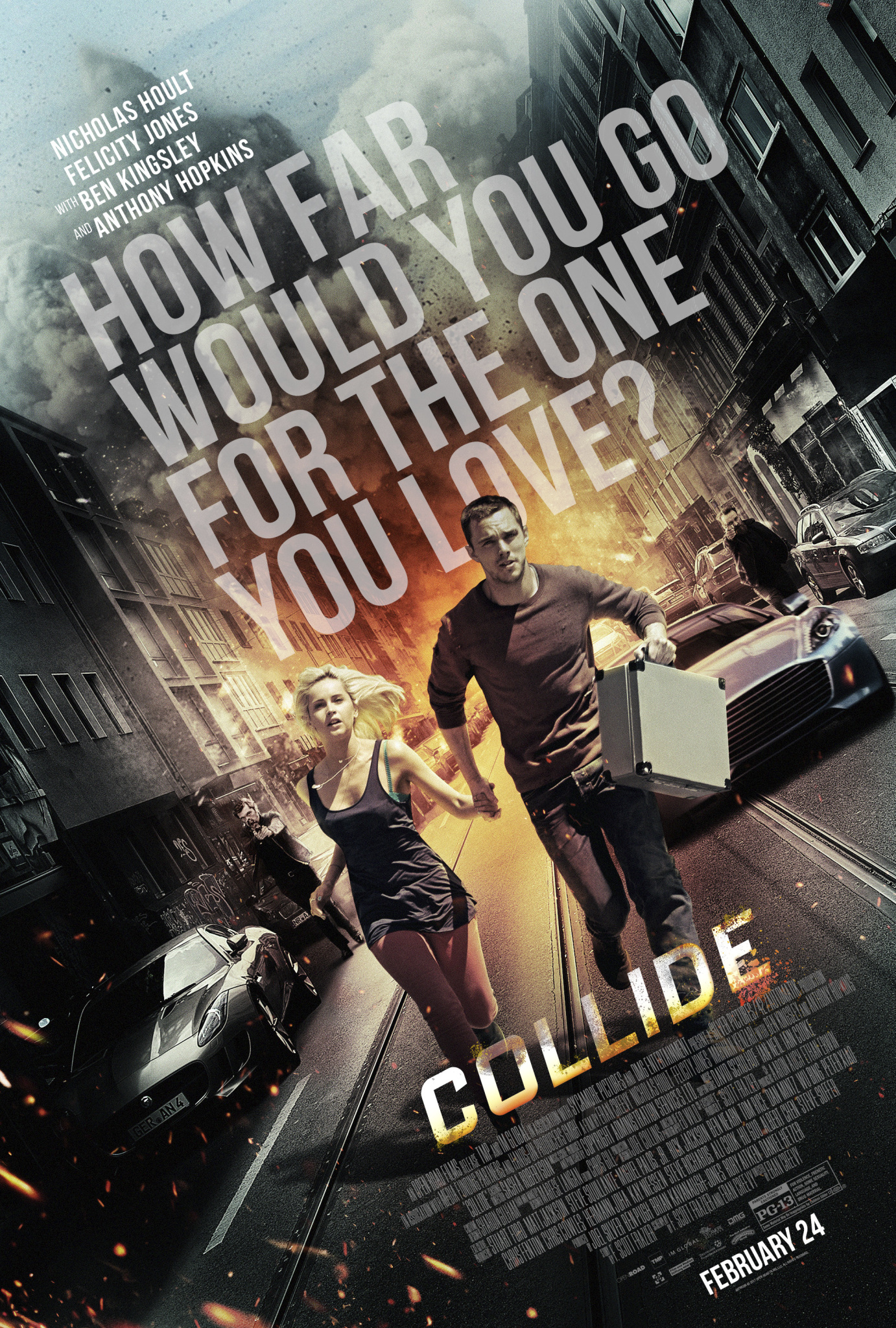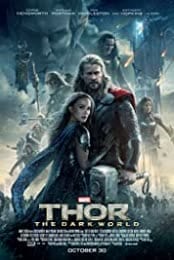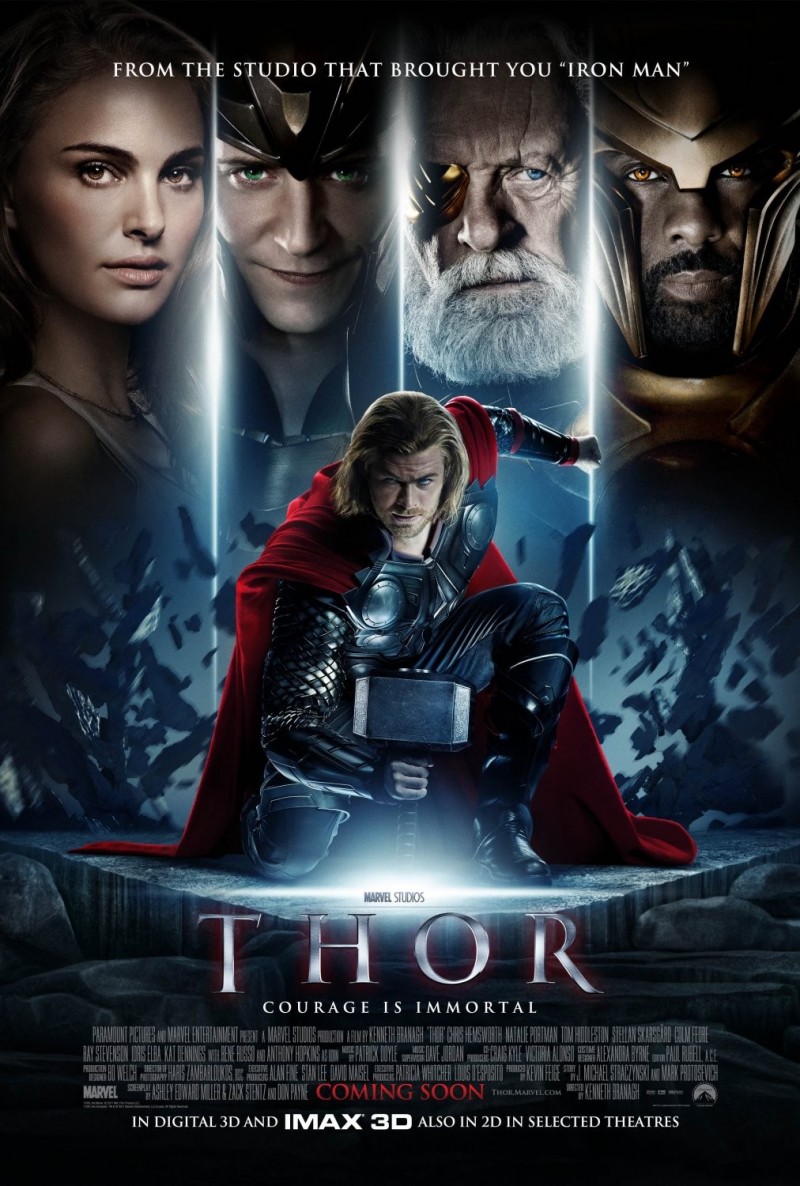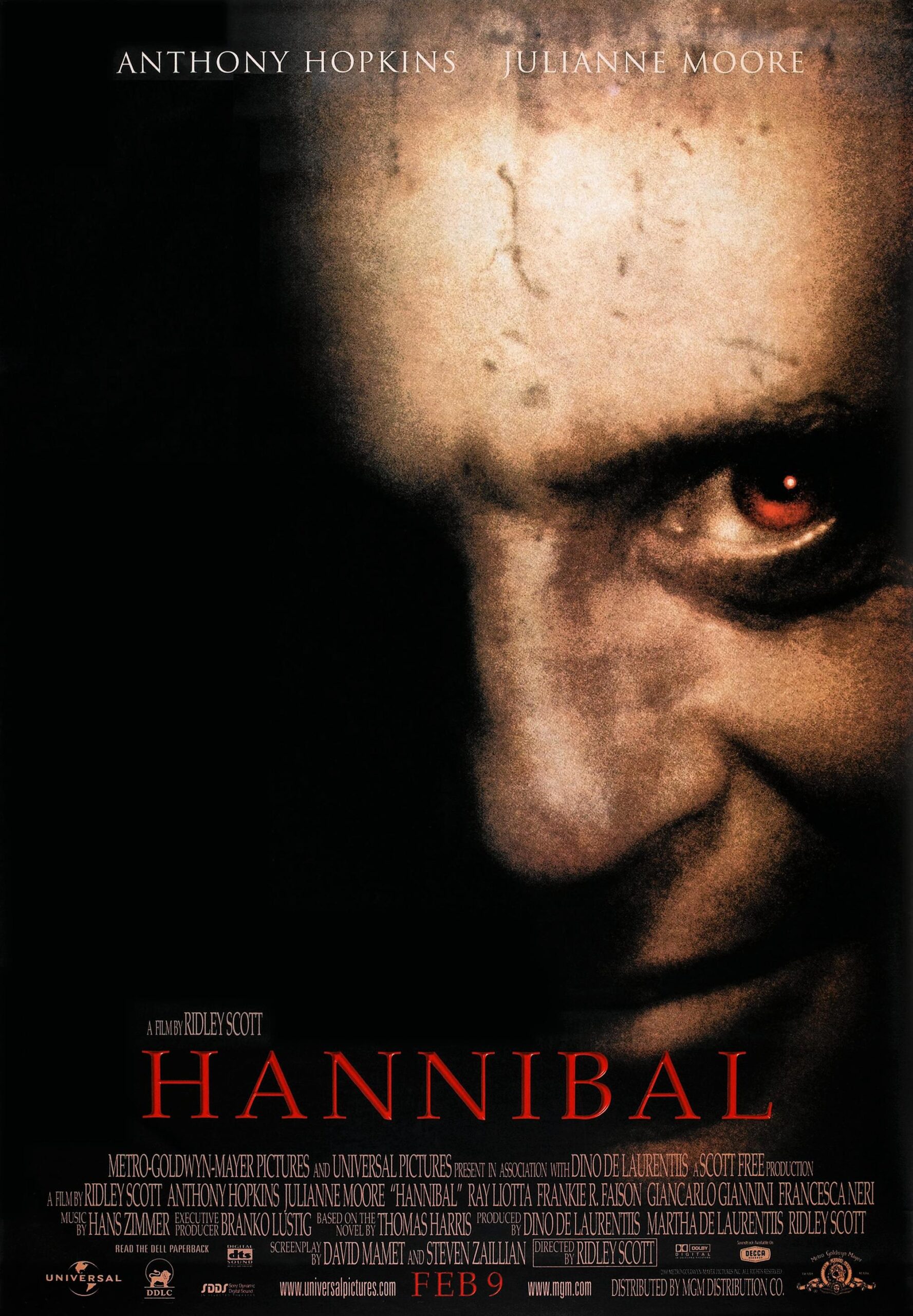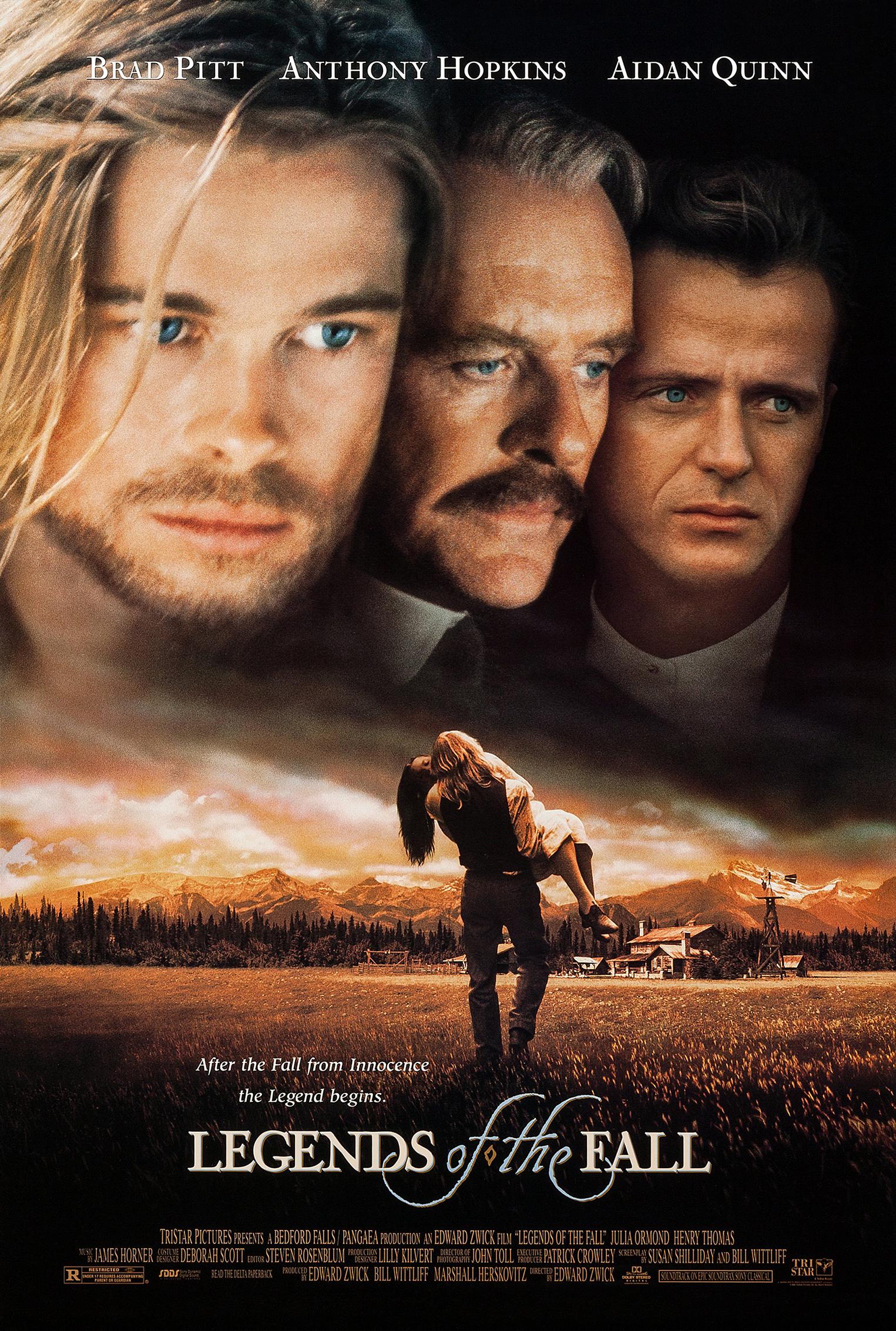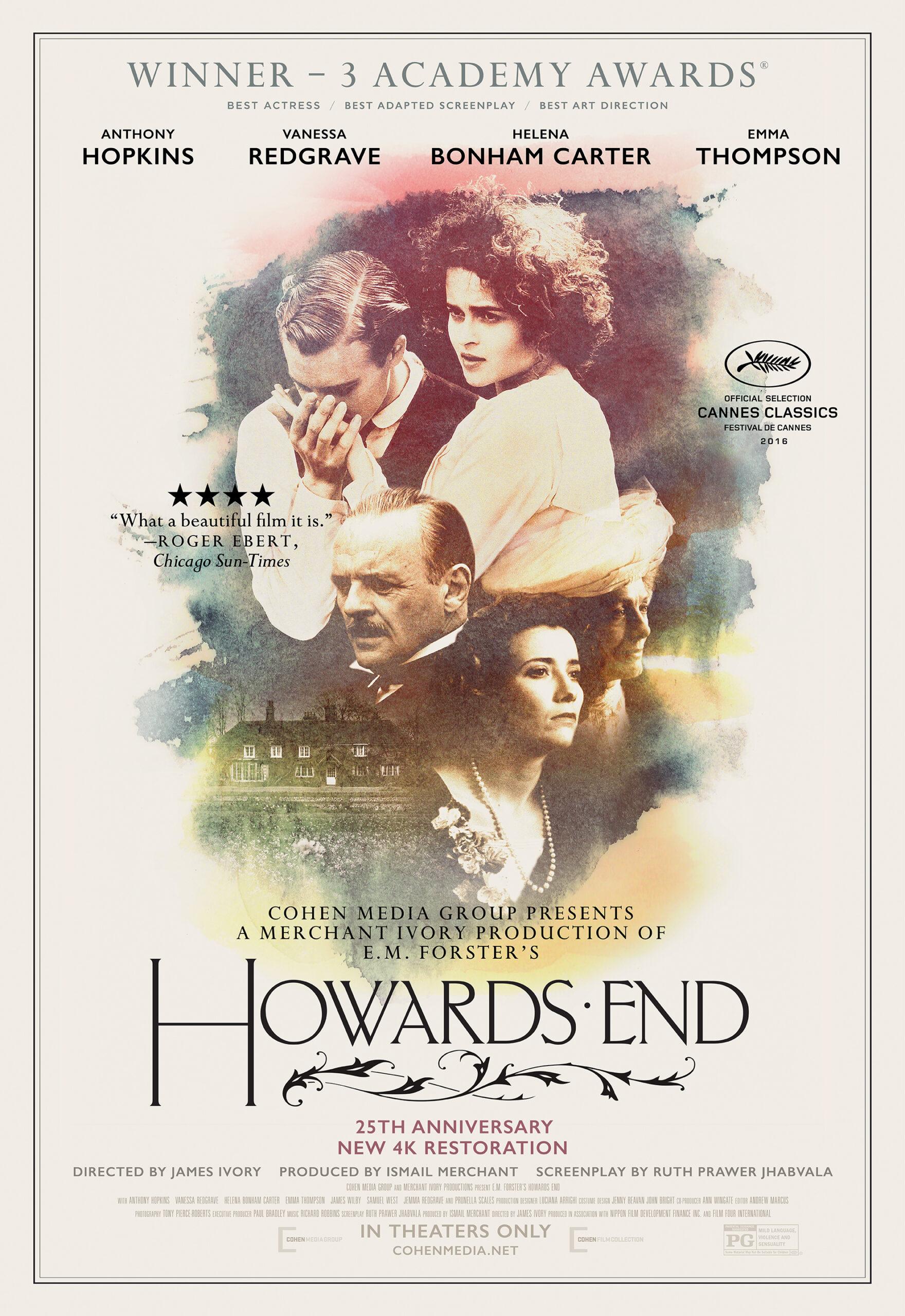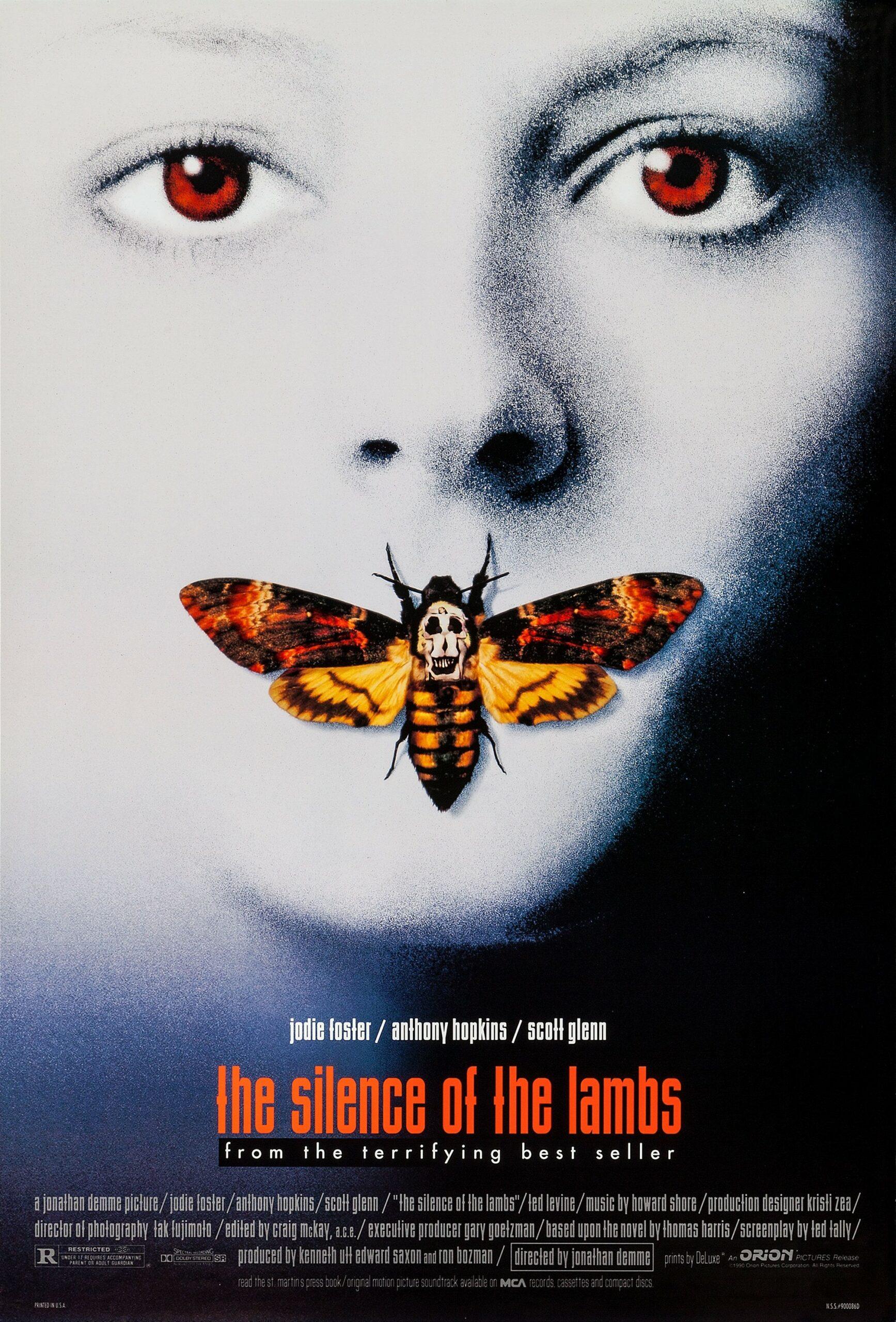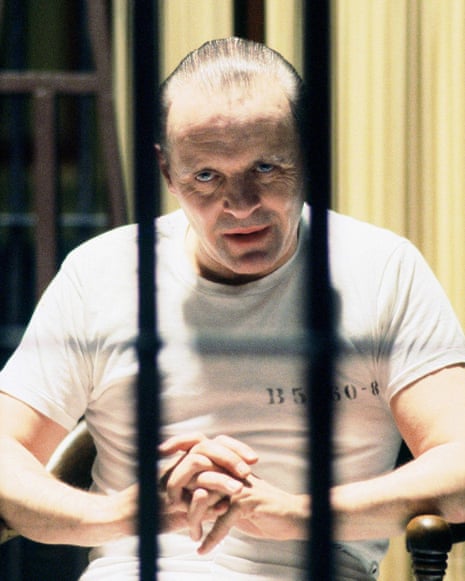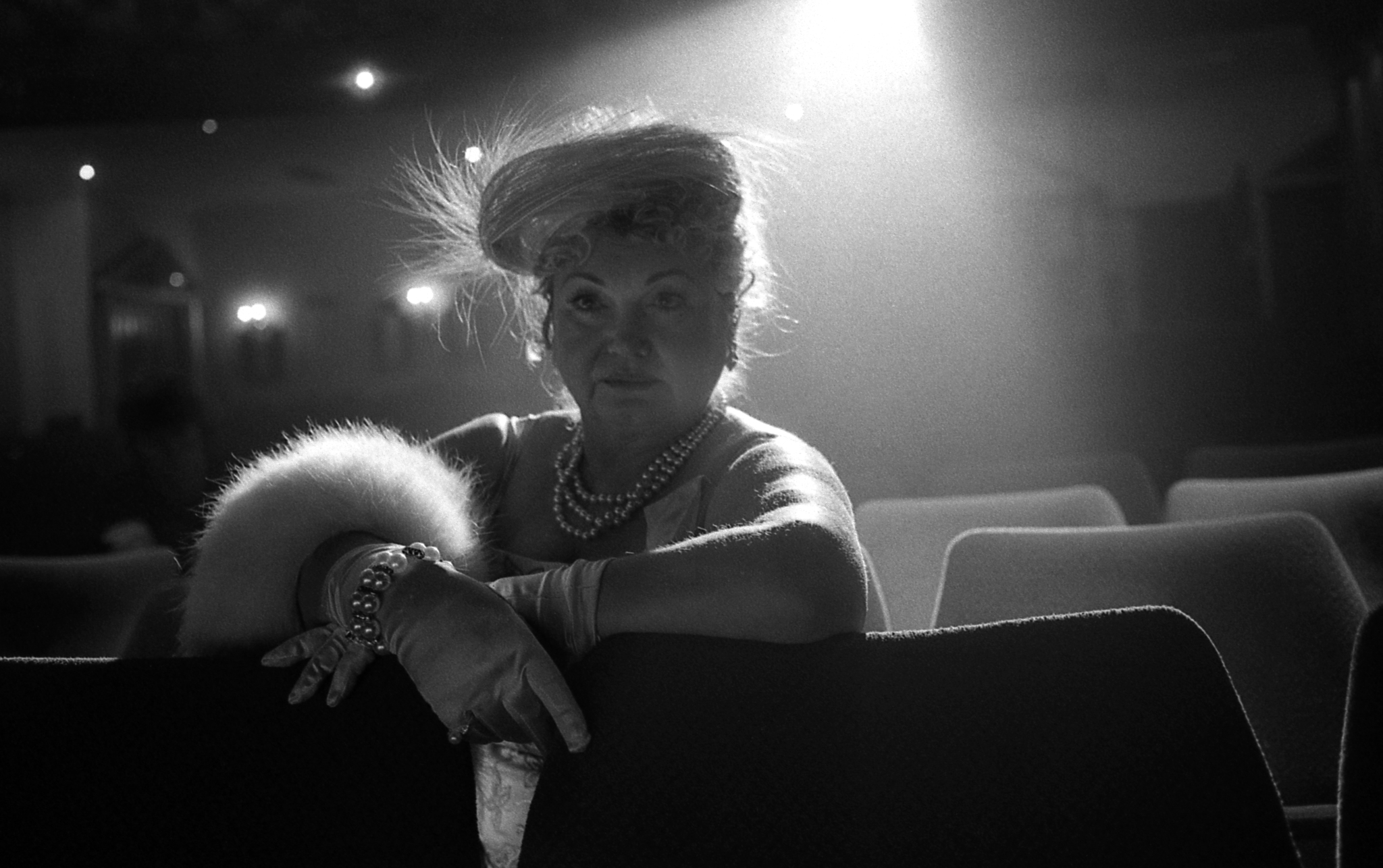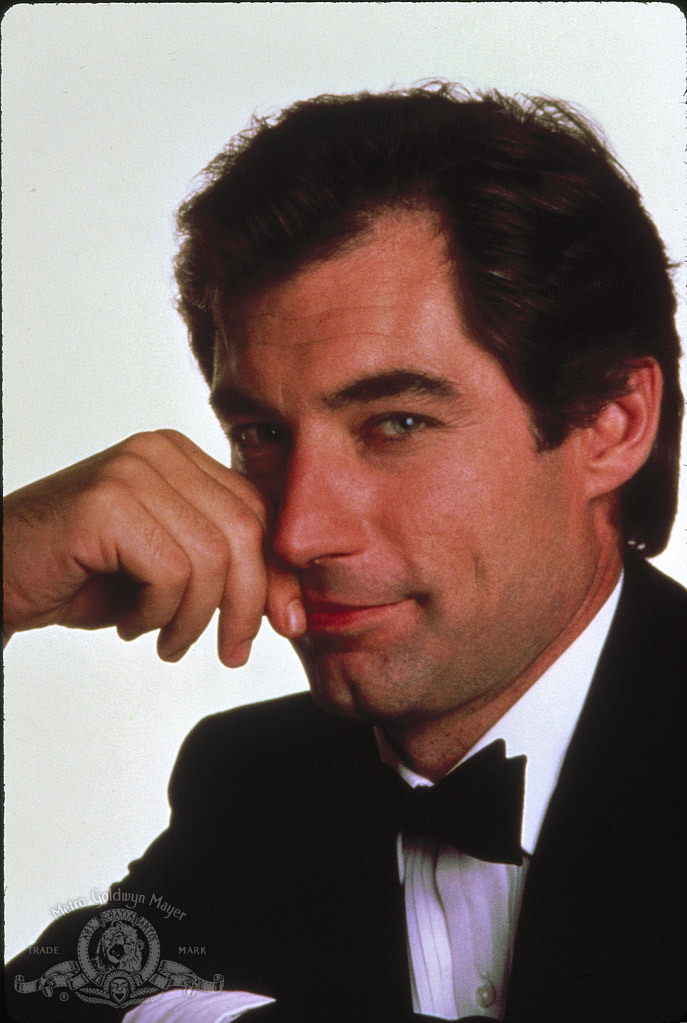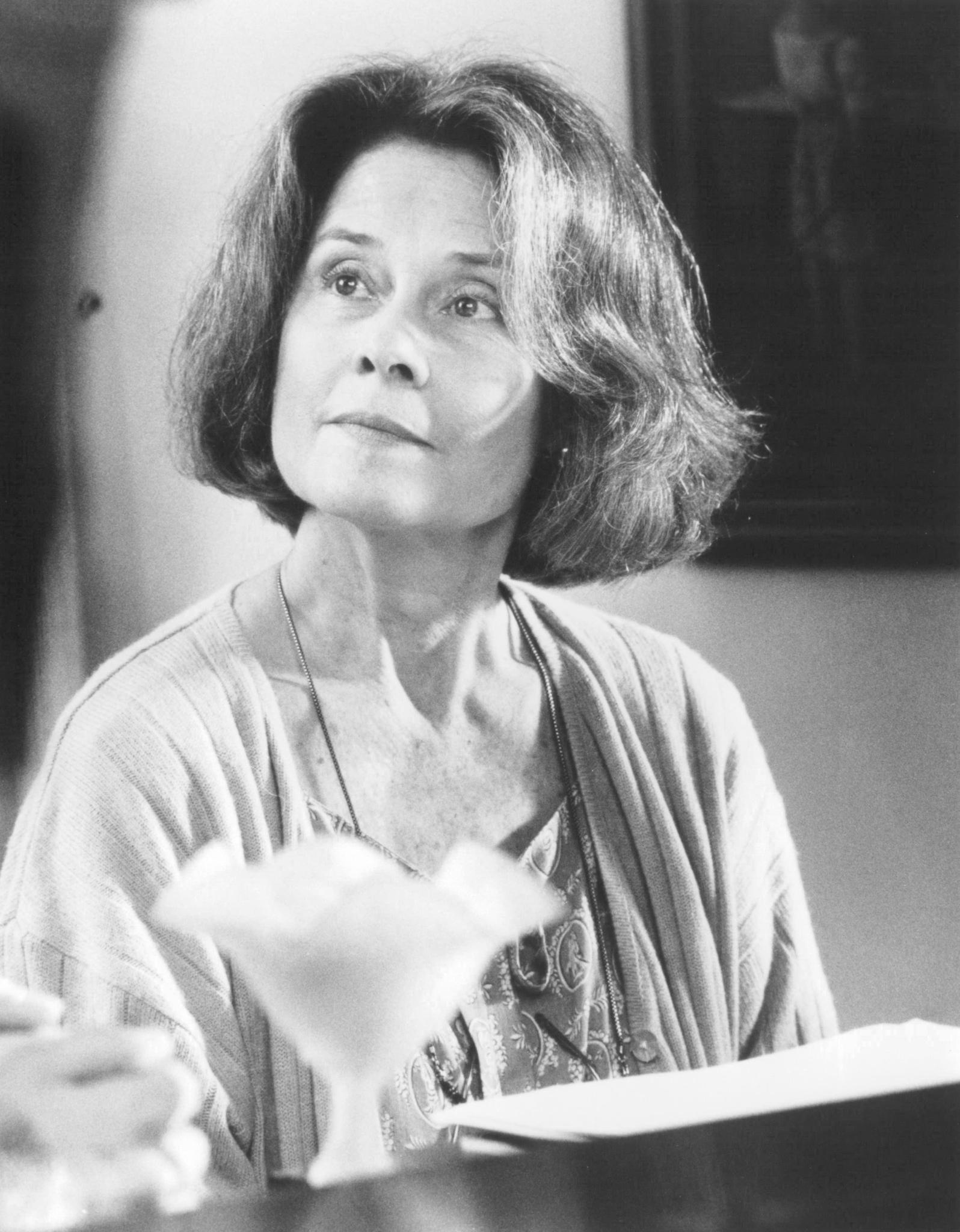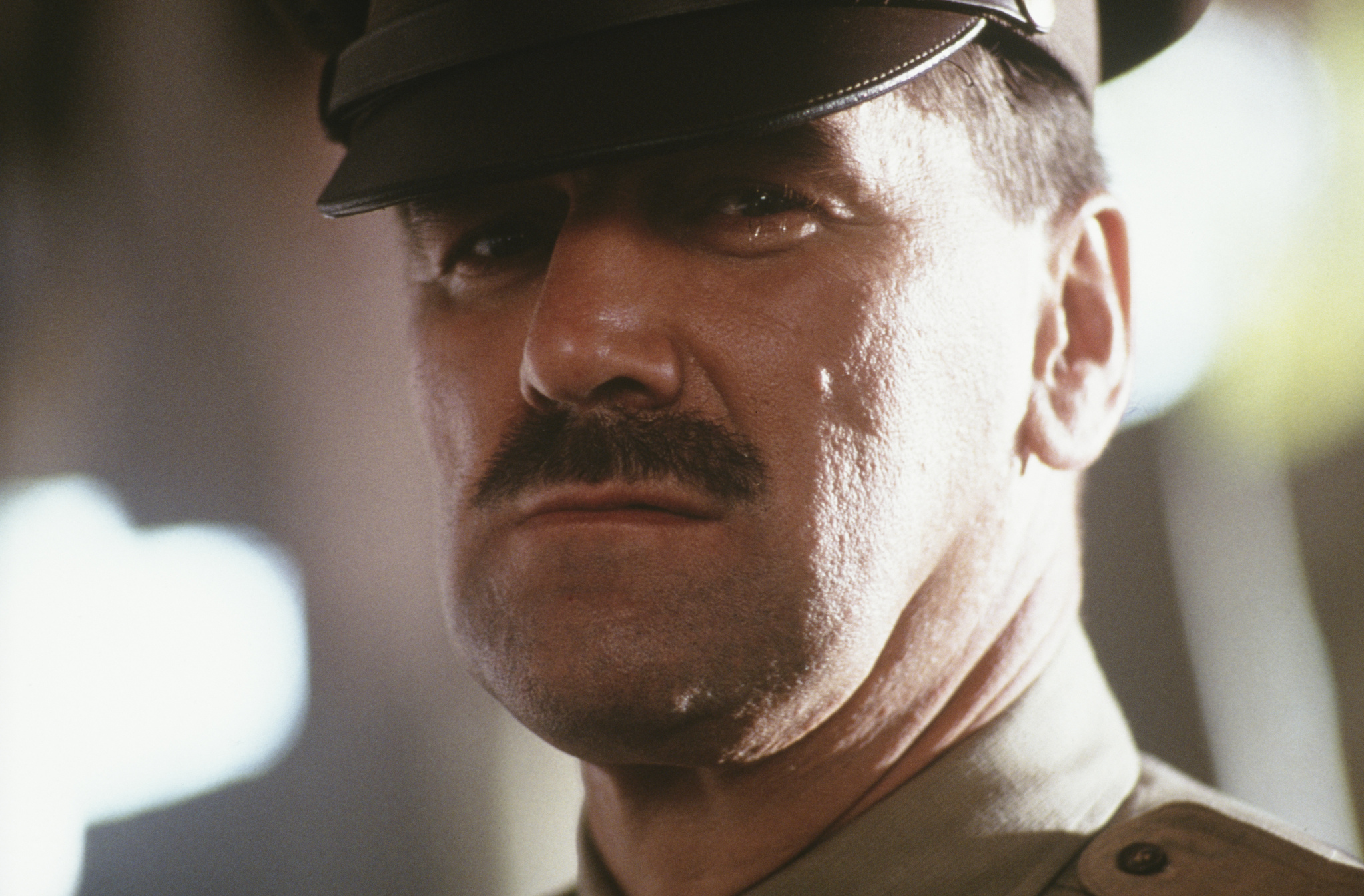
Anthony Hopkins
Birthdate: Dec 31, 1937
Birthplace: Margam, Port Talbot, West Glamorgan, Wales, UK
Anthony Hopkins (birthname: Phillip Anthony Hopkins) can claim one of the longest and most durable film acting careers in history, and certainly one of the most acclaimed. He has summoned forth one of the most iconic movie characters who is both a villain and ally to the hero—Hannibal Lecter in The Silence of the Lambs (1991)—and is one of only two British actors (along with Daniel Day-Lewis) to win the Best Actor Oscar twice.
A measure of his remarkable career as well as his skill for remaining a vital and commanding presence on screen is that he is second only to Katherine Hepburn (34 years) in the span of years between his first and second Oscars, 29 years.
After working as a stage actor and member of both the Royal Shakespeare Company and the National Theatre—including understudying Laurence Olivier—Anthony Hopkins began to shift his career toward film in 1967-68, first in The Lion in Winter (1968), starring Peter O’Toole and Katherine Hepburn and directed by Anthony Harvey, followed by a more theatrical role as Claudius in Tony Richardson’s production of Hamlet (1969), starring Nicol Williamson and Marianne Faithfull.
Hopkins joined writer-director Frank Pierson for the John le Carré adaptation, The Looking Glass War (1970), with Christopher Jones and Ralph Richardson, and then landed his first starring role in a failed attempt to compete with the James Bond franchise, Alistair MacLean’s Eight Bells Toll (1971), with Jack Hawkins and Robert Morley.
Anthony Hopkins’ first work with frequent filmmaking collaborator and fellow actor-turned-director Richard Attenborough was his portrayal of U.K. Prime Minister David Lloyd George in the well-received Young Winston (1972), with Simon Ward, Robert Shaw, Anne Bancroft, and John Mills. Hopkins again turned to a stage-to-screen adaptation as Torvald in Christopher Hampton’s adaptation of Ibsen’s A Doll’s House (1973), starring Claire Bloom, and then played effective support in the Richard Lester-directed thriller, Juggernaut (1974), starring Richard Harris, Omar Sharif, David Hemmings, and Shirley Knight.
The biggest movie yet in Hopkins’ rising career was his second movie with director Attenborough, the WW2 mega-production (made for a then-massive $25 million, and earning double that at the box office), A Bridge Too Far (1975), in which he was part of a massive ensemble of stars including Dirk Bogarde, James Caan, Michael Caine, Sean Connery, Edward Fox, Elliott Gould, Gene Hackman, Hardy Kruger, Laurence Olivier, Ryan O’Neal, Robert Redford, Maximilian Schell, and Liv Ullmann.
Hopkins co-starred with Marsha Mason in the psychological horror drama, Audrey Rose (1977), directed by Robert Wise, and then made his first truly impactful starring performance (scoring his first Golden Globes and BAFTA Best Actor nominations) in his second film in a row directed by Attenborough and written by William Goldman, Magic (1978), with Ann-Margret and Burgess Meredith.
In one of his most affecting early-career performances, Anthony Hopkins played a moving Frederick Treves in David Lynch’s powerful second feature, The Elephant Man (1980), starring Best Actor-nominated John Hurt, Anne Bancroft, John Gielgud, and Wendy Hiller, earning eight Oscar nominations and a Cesar for Best Foreign Film.
Hopkins took on the flamboyant and dark role of Lt. William Bligh in The Bounty (1984), the fifth “Mutiny on the Bounty” films version, this time written by Robert Bolt (originally with David Lean intended to direct) and co-starring Mel Gibson, Laurence Olivier, Edward Fox, Daniel Day-Lewis, and Liam Neeson; the film, which he later considered to be “such a sad mess…such a botched job,” was important in Hopkins’ career since he adopted after this a “don’t-give-a-damn attitude” to any given movie in which he was cast.
Hopkins had a more pleasurable experience working on his second movie with Anne Bancroft (and produced, like The Elephant Man, by Bancroft’s husband, Mel Brooks) 84 Charing Cross Road (1987), with Judi Dench and Mercedes Ruehl, followed by a brief string of disappointing or minor projects (including the Mickey Rourke-co-starring Desperate Hours in 1990) and Hopkins’ first film as director: the documentary portrait, Dylan Thomas: Return Journey (1990), which Hopkins also narrated.
1991 marked a fundamental shift in Anthony Hopkins’ already respectable profile, with his blood-curdling portrayal of Dr. Hannibal Lecter in The Silence of the Lambs (1991) solidifying him as one of the most important actors in cinema, co-starring with Jodie Foster under Jonathan Demme’s direction, and resulting in Hopkins’ first Best Actor Oscar—with the movie being one of only three in history to sweep all five of the top Oscars (Picture, Director, Actor, Actress, Screenplay).
To his later regret, Hopkins revisited Lecter in two subsequent movies featuring author Thomas Harris’ cannibal killer: Ridley Scott’s Hannibal (2001), with Julianne Moore and Ray Liotta, and the Ted Tally-written adaptation, Red Dragon (2002), with Edward Norton, Ralph Fiennes, Harvey Keitel, Emily Watson, and Philip Seymour Hoffman; the three films, though not precisely sequels, grossed a combined $830 million globally.
This launched an astonishing decade for Hopkins, who appeared in several of the decade’s most important movies, often portraying actual historical figures or famed literary characters. After a strange detour in a cyberpunk movie co-starring Mick Jagger (1992’s Freejack), Anthony Hopkins starred in the nine-Oscar-nominated Merchant-Ivory production of E. M. Forster’s Howard’s End (1992), with Emma Thompson winning the Best Actress Oscar alongside Vanessa Redgrave, and Helena Bonham Carter, followed by Hopkins’ turn as Van Helsing in Francis Ford Coppola’s version of Dracula (1992), with Gary Oldman, Winona Ryder, and Keanu Reeves, and grossing $215 million worldwide.
Reuniting with director Attenborough again, Hopkins portrayed Charlie Chaplin’s book editor in the biopic, Chaplin (1992), with Robert Downey Jr., Dan Aykroyd, Geraldine Chaplin, and Diane Lane, followed by an interesting and underseen version of Kafka’s The Trial (1993), written by Harold Pinter and co-starring Kyle MacLachlan, Jason Robards, Alfred Molina, and David Thewlis.
After a failed project (1995’s much-delayed release of The Innocent) with no less than director John Schlesinger, writer Ian McEwan, and co-stars Isabella Rossellini and Campbell Scott, Hopkins erased all memory of this with his stunning, Oscar-nominated performance as a repressed butler in possibly the best Merchant-Ivory movie, Pinter’s adaptation of Nobel Prize winner Kazuo Ishiguro’s masterpiece, The Remains of the Day (1993), with Emma Thompson (also nominated, among the movie’s eight nominations), James Fox, Christopher Reeve, and Hugh Grant.
The team of Anthony Hopkins and Richard Attenborough joined forces again for Shadowlands (1993), a fine biopic (William Nicholson adapting his own biography) about British author C.S. Lewis, and co-starring Debra Winger. Hopkins did more major literary adaptations, including The Road to Wellville (1994) with writer-director Alan Parker adapting T. Coraghessan Boyle’s novel, with Bridget Fonda, Matthew Broderick, John Cusack, and Dana Carvey, followed by Hopkins playing the patriarch in director Ed Zwick’s Oscar-nominated version of Jim Harrison’s Legends of the Fall (1994), with Brad Pitt, Aidan Quinn, and Julia Ormond, earning over $160 million globally (over ten times costs).
Anthony Hopkins embodied Richard Nixon to an uncanny degree in Oliver Stone’s effective drama, Nixon (1995), a rare case in that era of a box-office bomb scoring multiple Oscar nominations (including one for Hoskins) and rave reviews, with Joan Allen (also Oscar-nominated), Powers Boothe, Ed Harris, Bob Hoskins, and E.G. Marshall.
Hopkins continued his deep literary explorations with his first narrative film as director and star, a Welsh version of Anton Chekhov’s Uncle Vanya titled August (1996), with a cast including Kate Burton and Rhys Ifans, and then a reunion with Merchant-Ivory for their biopic, Surviving Picasso (1996), with Natascha McElhone and Julianne Moore.
Hopkins shifted into a rare action movie vehicle with The Edge (1997), written by David Mamet and co-starring Alec Baldwin and the legendary Bart the Bear in one of his last film roles, only to shift back again to the historical mode in a strong supporting Oscar-nominated role (opposite Morgan Freeman, Djimon Hounsou, and Matthew McConaughey) in Steven Spielberg’s slave trade drama, Amistad (1997).
Hopkins stepped in to replace the late Raul Julia upon his death in the role opposite Antonio Banderas as the titular Zorro in The Mask of Zorro (1998), with Catherine Zeta-Jones, earning $250 million globally on a $95 million budget. Hopkins again acted opposite Pitt in director Martin Brest’s romantic fantasy, Meet Joe Black (1998), with Claire Forlani and Marcia Gay Harden, grossing nearly $143 million; perhaps Hopkins’ most remarkable stage-to-screen performance occurred soon after, in a rare version of Shakespeare’s seldom-staged Titus Andronicus, Julie Taymor’s stunning (though commercially disappointing) film debut, Titus (1999), with Jessica Lange, Alan Cumming, Colm Feore, Matthew Rhys, and Jonathan Rhys Meyers.
Hopkins’ memorably rich Welsh voice served as narrator for Ron Howard’s Jim Carrey starring How The Grinch Stole Christmas (2000), and then Hopkins returned fully to the screen in screenwriter William Goldman’s adaptation of a Stephen King story, Hearts in Atlantis (2001), with Anton Yelchin, Hope Davis, and David Morse, and then a failed action comedy with Chris Rock, Bad Company (2002).
The combination of Anthony Hopkins co-stars Nicole Kidman and Ed Harris, director Robert Benton, and novelist Philip Roth comprised the somewhat disappointing The Human Stain (2003), with similar results facing Oliver Stone’s epic, Alexander (2004), with Hopkins portraying Ptolemy.
Hopkins portrayed another genius in Rebecca Miller’s stage-to-screen version of David Auburn’s play, Proof (2005), starring Gwyneth Paltrow, Jake Gyllenhaal, and Hope Davis, followed by Hopkins taking on the starring role in writer-producer-director Roger Donaldson’s New Zealand sports biopic, The World’s Fastest Indian (2005), and a supporting role (as well as an executive producer credit) in the Emilio Estevez ensemble film about the Bobby Kennedy assassination, Bobby (2006), with Harry Belafonte, Estevez, Laurence Fishburne, Helen Hunt, Shia LaBeouf, Lindsay Lohan, William H. Macy, Martin Sheen, Demi Moore, Christian Slater, Sharon Stone, and Elijah Wood.
Anthony Hopkins then had an unusual career patch with a role in the expensive box-office bomb, All the King’s Men (2006) and the part of Daniel Webster in actor-director Alec Baldwin’s failed and much-delayed Shortcut to Happiness (shot in 2001, but unreleased until 2007), followed by his second and genuinely experimental narrative film (and his first as writer-director), the mind-bending Slipstream (2007), which premiered at Sundance and won the Youth Jury Prize at the Locarno Film Festival.
Hopkins was cast with Ryan Gosling in the well-received legal crime thriller, Fracture (2007), directed by Gregory Hoblit, with David Strathairn, Rosamund Pike, Embeth Davidtz, and Cliff Curtis, followed by Hopkins co-starring in Robert Zemeckis’ under-performing literary adaptation (by Neil Gaiman), Beowulf (2007), with Ray Winstone, John Malkovich, Robin Wright, and Angelina Jolie. Hopkins starred (with Laura Linney, Charlotte Gainsbourg, and Norma Aleandro) in James Ivory’s final film as director, The City of Your Final Destination (2009), which turned out to be a bitter, contentious end to the long-running history between Hopkins and Ivory: Hopkins was compelled to sue Merchant Ivory Productions when he wasn’t paid.
In the second decade of the new century, Anthony Hopkins acted in more genre-related movies, starting with the big-budget (and commercial bomb) The Wolf Man (2010), with Benicio del Toro, Emily Blunt, and Hugo Weaving, followed by Hopkins’ first movie with writer-director Woody Allen, You Will Meet a Tall Dark Stranger (2010), which premiered out of competition in the Cannes Film Festival, and starred Antonio Banderas, Josh Brolin, Gemma Jones, and Naomi Watts, earning mixed reviews and mild box office.
Hopkins turned to the religious horror genre for the exorcism-themed The Rite (2011), co-starring Alice Braga, Ciaran Hinds, and Rutger Hauer, which earned nearly three times its costs ($37 million). Joining the superhero wave that swept the movie industry, Anthony Hopkins played Odin in director Kenneth Branagh’s Thor (2011), with Chris Hemsworth, Natalie Portman, Tom Hiddleston, and Idris Elba, earning $449 million worldwide; Hopkins revived his Odin in the 2013 sequel, Thor: The Dark World, and the 2017 Thor: Ragnarok, with the three Thor movies earning a combined total of $2 billion.
Hopkins joined a distinguished cast, including Jude Law, Rachel Weisz, Ben Foster, Johannes Krisch, and Marianne Jean-Baptiste, for the Fernando Merveilles-Peter Morgan film, 360 (2011), based on Arthur Schnitzler’s play, Reigen, and earning mixed reviews, followed by the biopic Hitchcock (2012), in which Hopkins portrayed the legendary filmmaker during the making of Psycho (1960), with Helen Mirren, Scarlett Johansson, Toni Colette, Danny Huston, Jessica Biel, and James D’Arcy, and earning nearly $25 million globally in limited release.
Continuing his work in genre movies, Hopkins appeared again with Mirren in support of the successful sequel, Red 2 (2013), with Bruce Willis, John Malkovich, and Mary-Louise Parker, earning nearly double its $84 million price tag. The Bible’s oldest man (Methuselah) was Hopkins’ next role, in writer-director Darren Aronofsky’s highest-grossing film ($359 million) Noah (2014), with Russell Crowe, Jennifer Connelly, Ray Winstone, and Emma Watson, followed by a string of failed movies over the next three years, including two directed by Daniel Alfredson (Kidnapping Freddy Heineken in 2015, and Blackway in 2015, which Hopkins also produced), and Solace in 2015, on which Hopkins also served as an executive producer.
Anthony Hopkins hopped aboard Michael Bay’s 2017 Transformers movie, subtitled The Last Knight, stopping a streak of box office failures with a return of over $605 million. Reuniting with director Fernando Meirelles, Hopkins portrayed Pope Benedict XVI in the well-reviewed, Netflix-produced The Two Popes (2019), with Jonathan Pryce (with both actors being nominated for Oscars).
Hopkins triumphed again at the Academy Awards (as Best Actor) with one of his greatest performances, in writer-director Florian Zeller’s The Father (2020), co-starring Olivia Colman, Imogen Poots, Rufus Sewell, and Olivia Williams, earning over four times its $6 million budget; Hopkins then revived the character of Anthony in Zeller’s The Son (2022), the second film based on his stage trilogy of family dramas, and starring Hugh Jackman, Laura Dern, and Vanessa Kirby. Hopkins’ wife Stella wrote and directed her debut feature, starring Hopkins in Elyse (2020), with Hopkins also composing the score.
After a string of minor releases, Anthony Hopkins appeared in a pivotal role in James Gray’s autobiographical family drama, Armageddon Time (2022), starring Anne Hathaway, Jeremy Strong, Banks Repeta, and Jaylin Webb. Shifting back to genre movies, Hopkins joined writer-director Zack Snyder for the two-part space opera for Netflix, Rebel Moon, and Rebel Moon Part 2 (dates to be announced), with Sofia Boutella, Charlie Hunnam, Djimon Hounsou, Jena Malone, and Cary Elwes.
Hopkins added to his large gallery of portrayals of historical figures with his role as Nicholas Winton (often called the British Oskar Schindler, for rescuing 669 children from the grip of the Nazis) in the BBC Films production, One Life (2023), with Johnny Flynn, Helena Bonham Carter, Lena Olin, Jonathan Pryce, and Romola Garai.
He further added to this gallery with his performance as Sigmund Freud in director Matt Brown’s Freud’s Last Session (date to be announced), with Matthew Goode as C.S. Lewis—whom Hopkins had previously portrayed in Shadowlands.
Anthony Hopkins Photos and Videos
Personal life
Anthony Hopkins was born and raised in the Welsh town of Port Talbot, near Swansea, by parents Muriel Anne (Annie) Hopkins and Richard Hopkins, a baker. Hopkins was educated at Jones’ West Monmouth Boys’ School, and at Cowbridge Grammar School, both in south Wales.
He admitted to being a terrible student, but pursued acting, first by studying at the Royal Welsh College of Music & Drama in Cardiff (where a center named for Hopkins now exists), and then, after two years of compulsory British Army service, studied theater and acting at the Royal Academy of Dramatic Art in London in 1960.
Hopkins was married to actor Petronella Barker from 1966 to 1972; he was married to Jennifer Lynton from 1973 to 2002; he has been married to antique dealer Stella Arroyave since 2003. From his marriage to Barker, Hopkins has one daughter, Abigail, an actor/composer, from whom he is now estranged. His height is 5’ 9”. Hopkins’ estimated net worth is $160 million.
Known For
Awards
Two-time Winner, Best Actor, Academy Awards (1992, 2021); Two-time Winner, Best Actor—Limited Series/Best Actor—Drama Special, Emmy Awards (1976, 1981); Five-time Winner, Best Actor/Academy Fellowship, BAFTA Awards (1973, 1992, 1994, 2008, 2021); Winner, Britannia Award, BAFTA/LA Britannia Awards; Winner, Best Foreign Actor, David di Donatello Awards (1994); Winner, Best European Actor, European Film Awards (2021); Winner, Cecil B. DeMille Award, Golden Globe Awards (2006); Eight-time Nominee, Best Actor/Best Actor—Miniseries or TV Motion Picture/Best Supporting Actor, Golden Globe Awards (1979, 1989, 1992, 1994, 1996, 1998, 2020, 2021); Winner, Youth Jury Award, Locarno Film Festival (2007); Winner, Best Actor, Los Angeles Film Critics Association Awards (1993); Two-time Winner, Best Actor/Best Supporting Actor, National Board of Review Awards (1991, 1993); Winner, Best Actor, New York Film Critics Circle Awards (1991); Winner, Career Achievement Award, Palm Springs Film Festival (2021); Winner, Donostia Lifetime Achievement Award, San Sebastian Film Festival (1998); Six-time Nominee, Best Actor/Best Supporting Actor/Best Ensemble, Golden Globe Awards (1996, 1998, 2007, 2017, 2019, 2021); Winner, Actor of the Year, ShoWest Convention (1998); Winner, Tribute Actor Award, Toronto Film Festival (2020); Winner, Master Screen Artist Tribute, USA Film Festival (2002); Winner, Hollywood Star Walk of Fame (2003).
Anthony Hopkins Movies
actor
Previous (98)
Facts About Anthony Hopkins
Hands Across the Water: Anthony Hopkins is a joint U.K.-U.S. citizen, having become a naturalized citizen in 2000.
Conditions: Hopkins has been addicted to alcohol and nicotine, and has quit both of them. He is on the record as being on the “high end” (high functional) spectrum of Asperger syndrome.
Philanthropist: Anthony Hopkins has been very active in the environmental organization, Greenpeace, and has served as President of the National Trust’s Snowdonia Appeal to preserve Snowdonia National Park in Wales; his preservation efforts earned him a spot on the Poll 100 Welsh Heroes; Hopkins has also served as a patron of the YMCA, and has supported theaters in Santa Monica, Boise, the Royal Welsh College of Music & Drama, and the Drama Association of Wales.
Musician: In 1986, Hopkins dropped a single titled “Distant Star,” and has composed orchestral works, including the compositions, The Masque of Time and Schizoid Salsa., which were included on his 2012 album, Composer.
Methods: Anthony Hopkins’ preparation involves reading the script 250 times out loud before filming. He memorizes a poem per week in order to exercise and develop his memory.
Ruling Roles: Hopkins has portrayed two U.S. Presidents (Richard Nixon, and John Quincy Adams), one U.K. Prime Minister (David Lloyd George), and one English King (King Richard I the Lionheart).
History Come to Life: Few actors have portrayed so many historical figures as Anthony Hopkins. Among many others, they include Charles Dickens, Adolf Hitler, Sigmund Freud, Pablo Picasso, Lt. William Bligh, Bruno Richard Hauptmann, C.S. Lewis, Alfred Hitchcock, and Frederick Treves.
Anthony Hopkins News
People Also Searched For


